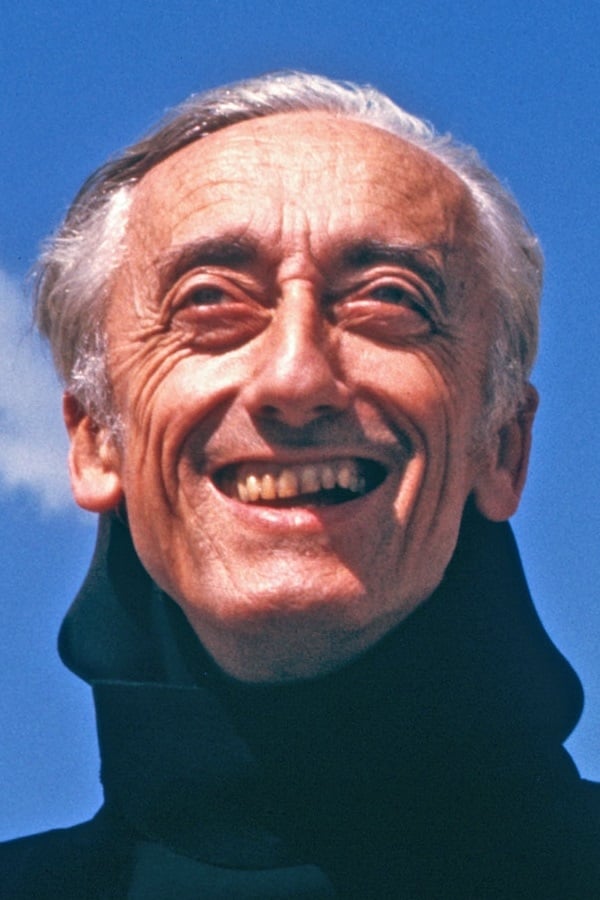
Jacques-Yves Cousteau
Birthday: Born in 1910-06-11 in Saint-André-de-Cubzac, Gironde, France
Deathday: 1997-06-25
Jacques-Yves Cousteau, AC (11 June 1910 – 25 June 1997) was a French naval officer, oceanographer, scientist, inventor, filmmaker, photographer, innovator, conservationist, author, and researcher who studied the sea and all forms of life in water. He co-invented the first successful open-circuit self-contained underwater breathing apparatus, ("SCUBA"), called the Aqua-Lung, which assisted him in producing some of the first underwater documentaries. He also pioneered marine conservation and was a member of the Académie française. From 1966 to 1976, he hosted The Undersea World of Jacques Cousteau, a documentary television series, presented on American commercial television stations. A second documentary series, The Cousteau Odyssey, ran from 1977 to 1982 on public television stations. In his first book, The Silent World: A Story of Undersea Discovery and Adventure, he surmised the existence of the echolocation abilities of porpoises. The book was adapted into an underwater documentary called The Silent World. Co-directed by Cousteau and Louis Malle, it was one of the first films to use underwater cinematography to document the ocean depths in color. The film won the 1956 Palme d'Or at the Cannes Film Festival and remained the only documentary to do so until 2004 (when Fahrenheit 9/11 received the award). It was also awarded the Academy Award for Best Documentary in 1957. From Wikipedia, the free encyclopedia
TV Credits
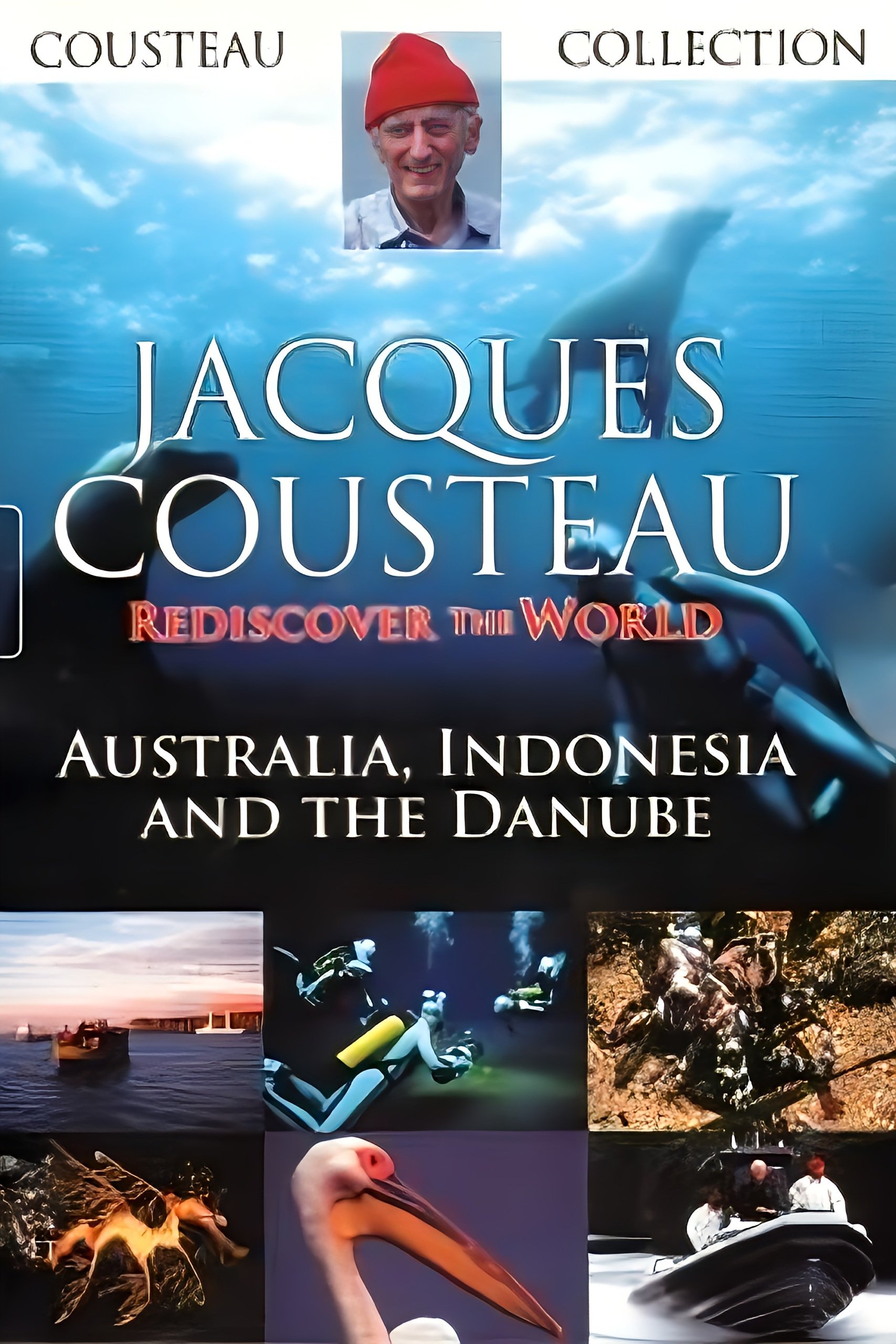
Jacques Cousteau: Rediscover the World II | Australia, Indonesia and the Danube
Character: Self
Oceanographer Jacques-Yves Cousteau and the Calypso set sail to research far-off cultures and species of aquatic life in the second installment of the explorer's nature series 'Cousteau's Rediscover the World'....
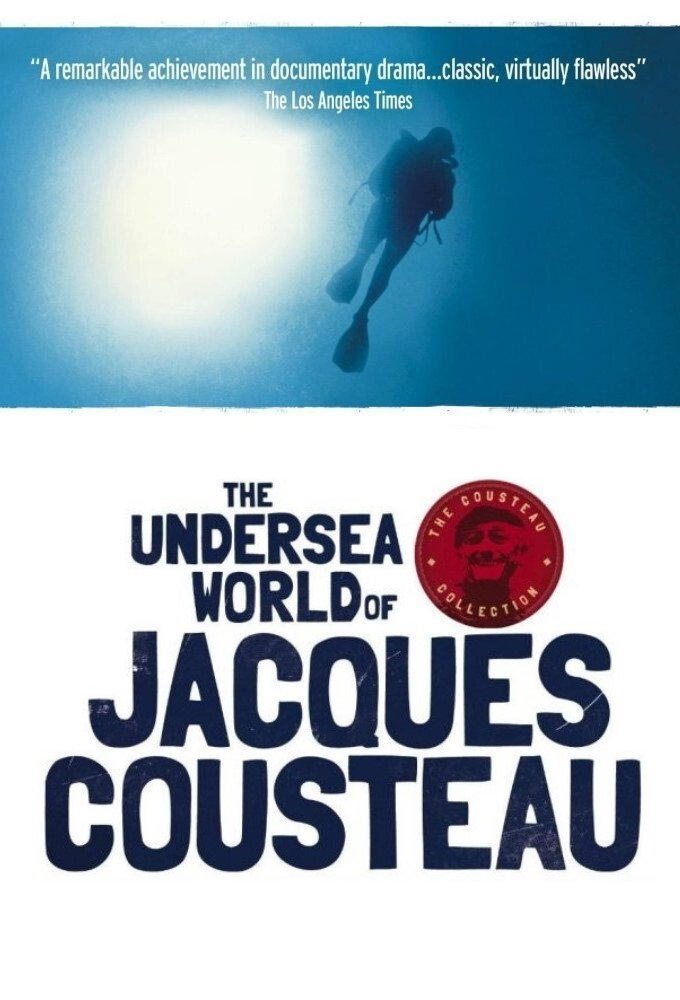
L’Odyssée sous-marine de l'équipe Cousteau
Character: Self - Host
The intrepid undersea explorer and author circles the globe on his floating laboratory, Calypso, in this occasional series. A pioneer in marine study, the red-capped Frenchman introduced generations of landlubbers to the creatures and mysteries of the sea....
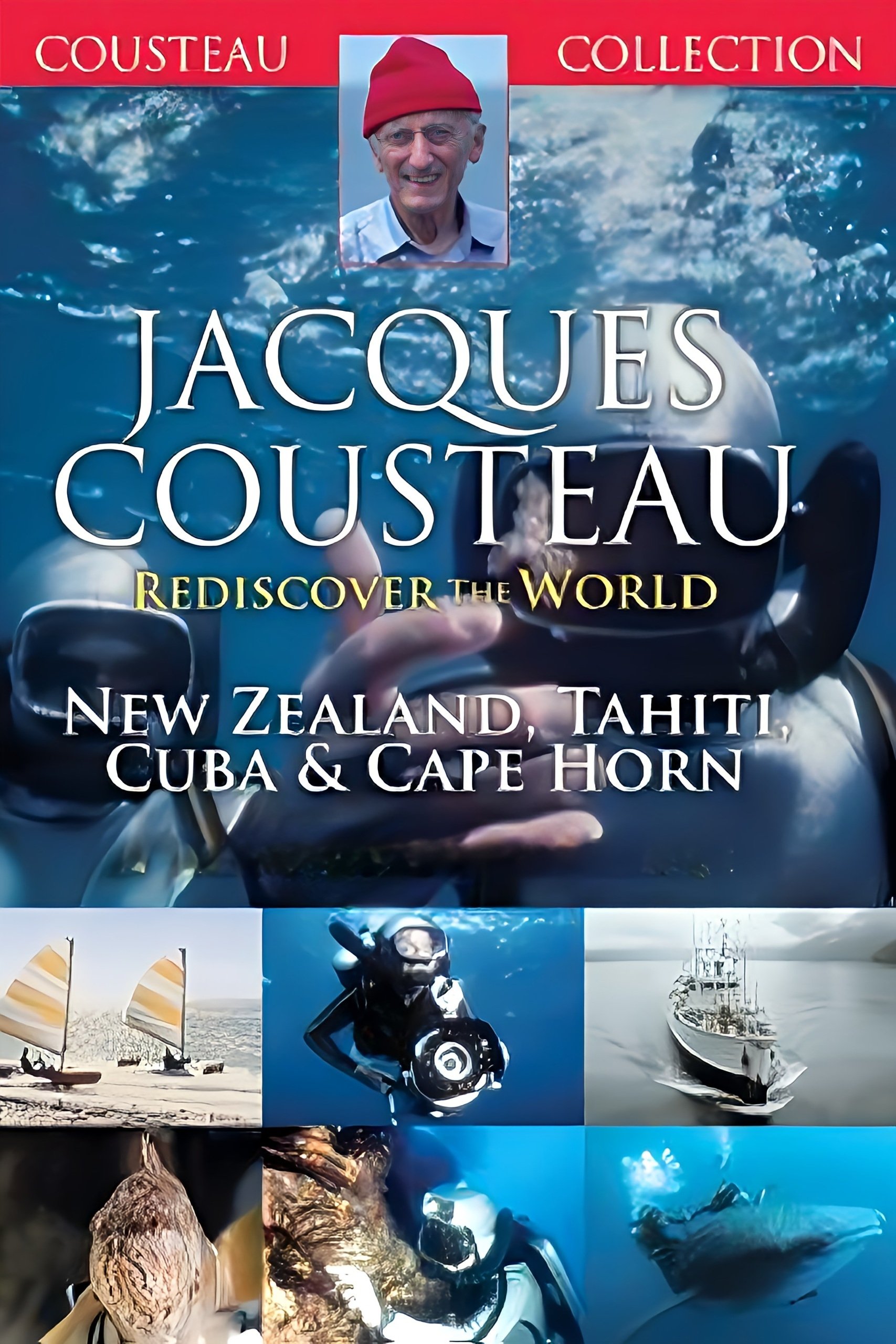
Jacques Cousteau: Rediscover the World | New Zealand, Tahiti, Cuba, & Cape Horn
Character: Self
Oceanographer Jacques-Yves Cousteau and the Calypso set sail to research far-off cultures and species of aquatic fauna and flora in another of the explorer's nature series, mainly in the Pacific Ocean and in the West Indies....

Le Grand Échiquier
Character: Self
...

Vetenskapens värld
Character: Self
Vetenskapens värld is a popular science TV documentary program broadcast on Swedish Television (SVT)....

Bambi
Character: Self
The Bambi, often called the Bambi Award and stylised as BAMBI, is a German award presented annually by Hubert Burda Media to recognize excellence in international media and television to personalities in the media, arts, culture, sports, and other fields "with vision and creativity who affected and inspired the German public that year", both domestic and foreign. First held in 1948, it is the oldest media award in Germany. The trophy is named after Felix Salten's book Bambi, A Life in the Woods ...

Le Grand Échiquier
Character: Self - Main Guest
...
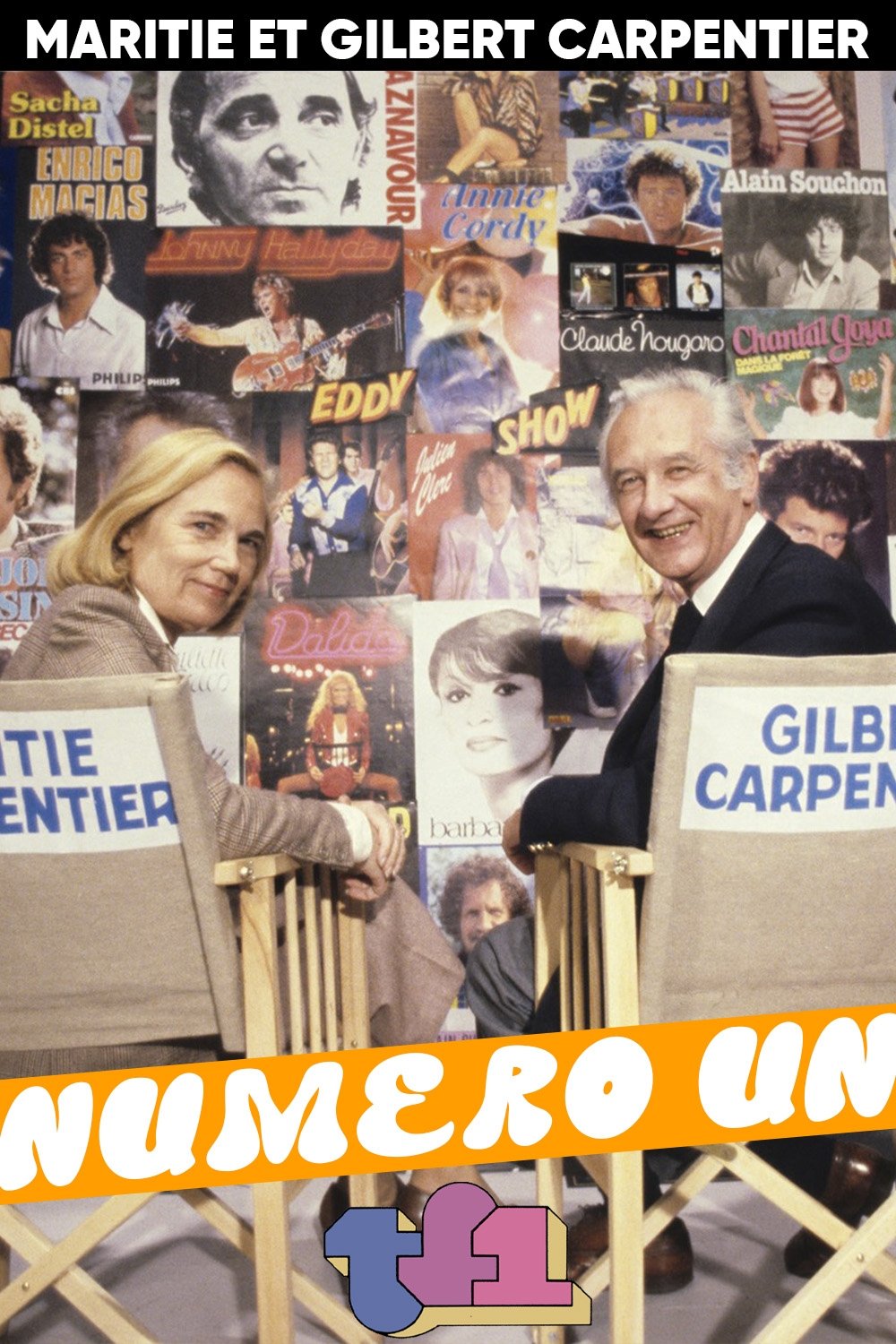
Numéro un
Character: Self
A French variety show....

Midi Première
Character: Self
Midi Première is a French variety show presented by Danièle Gilbert, directed by Jacques Pierre and broadcast from January 6, 1975 until January 1, 1982 on TF1. The program was generally broadcast between 12:15 p.m. and 12:55 p.m., then giving way to the 1:00 p.m. TV news. However, the broadcast schedule could change, depending on the guests, and the setting where the recording of the program was shot. Certain performances by artists who have become cult like the one where Ringo jostles with a d...

Champs-Elysées
Character: Self
...

Apostrophes
Character: Self
Apostrophes was a live, weekly, literary, prime-time, talk show on French television created and hosted by Bernard Pivot. It ran for fifteen years (724 episodes) from January 10, 1975, to June 22, 1990, and was one of the most watched shows on French television (around 6 million regular viewers). It was broadcast on Friday nights on the channel France 2 (which was called "Antenne 2" from 1975 to 1992). The hourlong show was devoted to books, authors and literature. The format varied between one-...
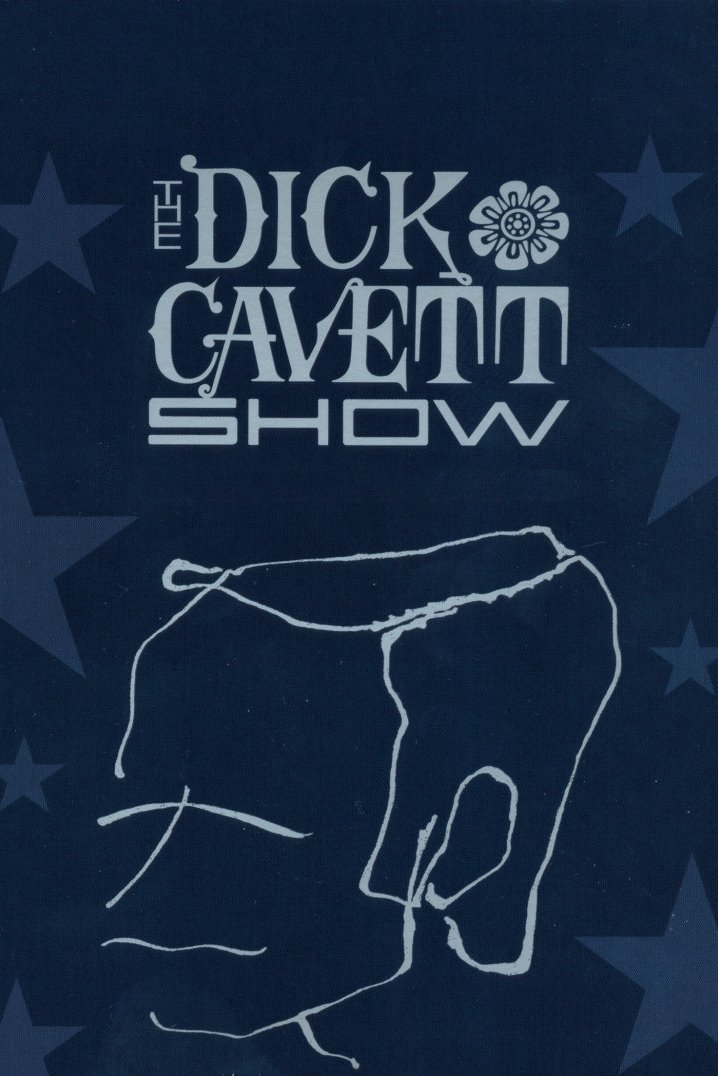
The Dick Cavett Show
Character: Self - Guest
The Dick Cavett Show has been the title of several talk shows hosted by Dick Cavett on various television networks....
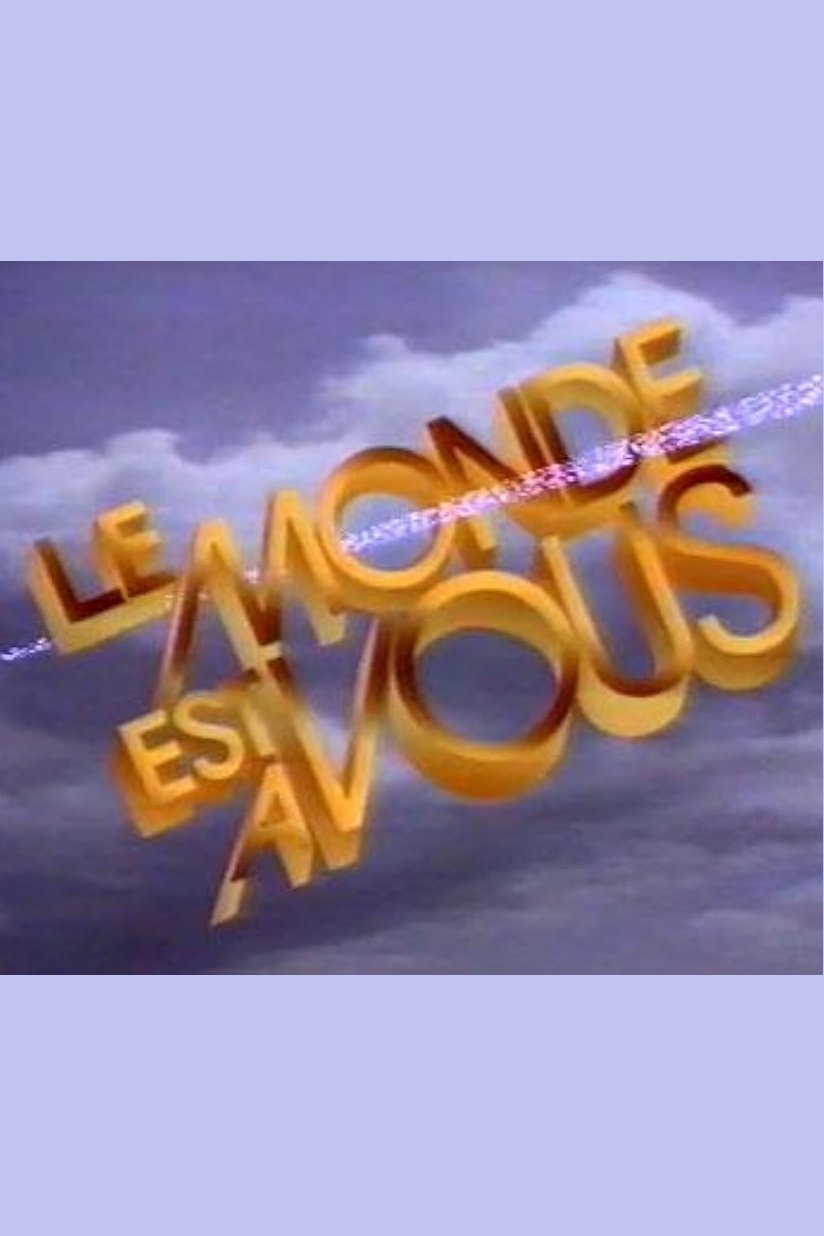
Le monde est à vous
Character: Self
...
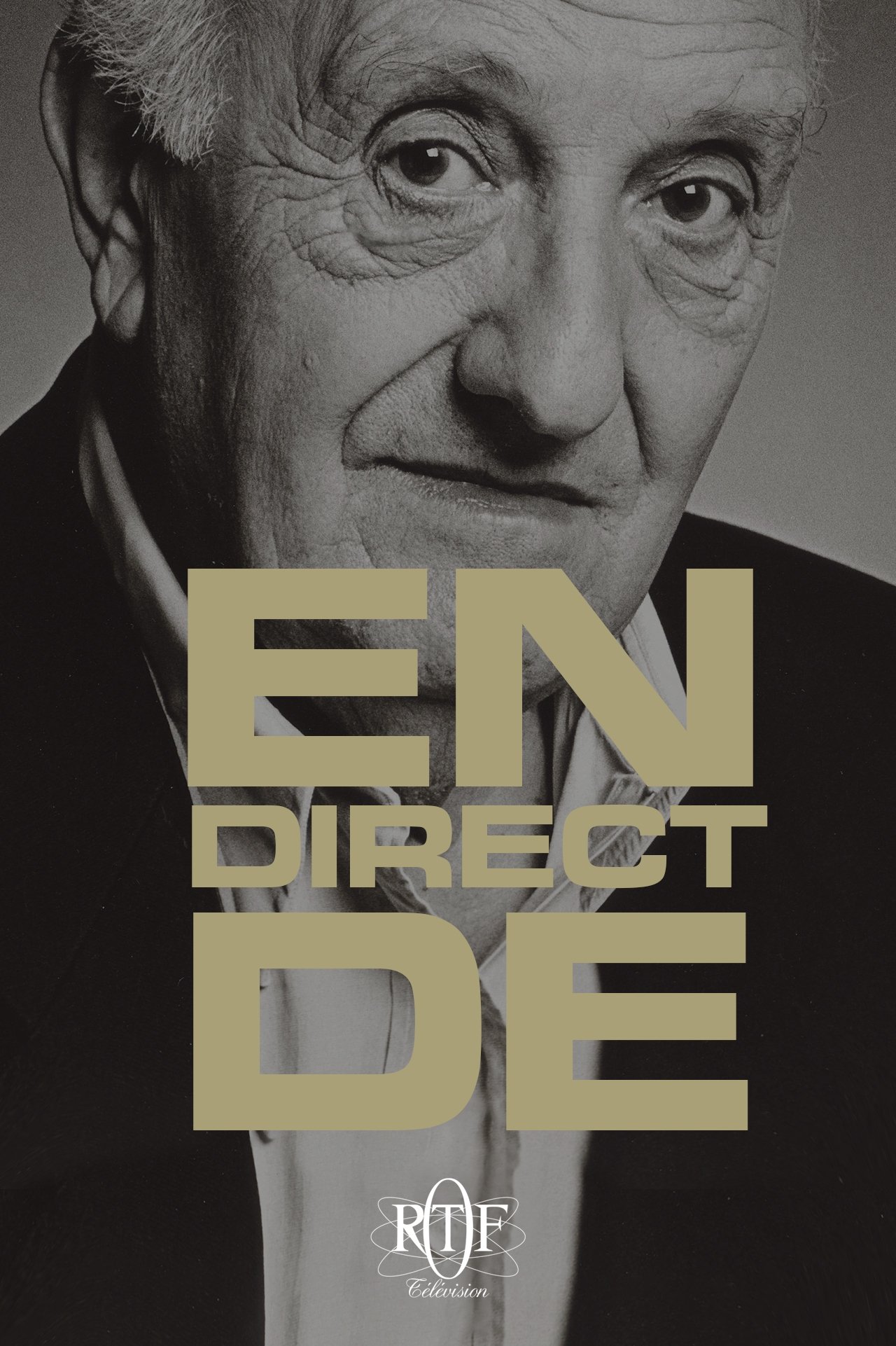
En direct de...
Character: self
...
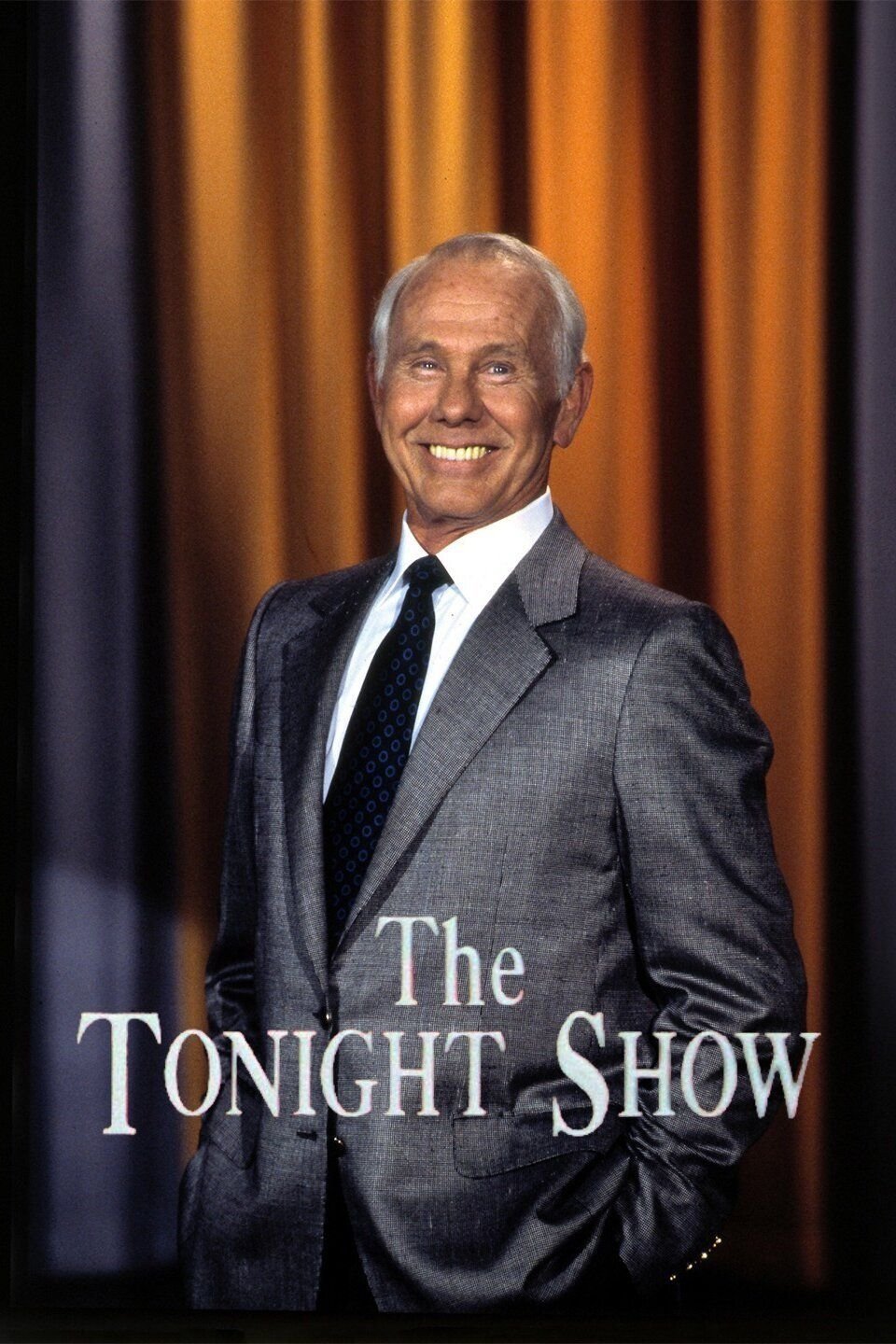
The Tonight Show Starring Johnny Carson
Character: Self
The Tonight Show Starring Johnny Carson is a talk show hosted by Johnny Carson under The Tonight Show franchise from 1962 to 1992. It originally aired during late-night. For its first ten years, Carson's Tonight Show was based in New York City with occasional trips to Burbank, California; in May 1972, the show moved permanently to Burbank, California. In 2002, The Tonight Show Starring Johnny Carson was ranked #12 on TV Guide's 50 Greatest TV Shows of All Time....
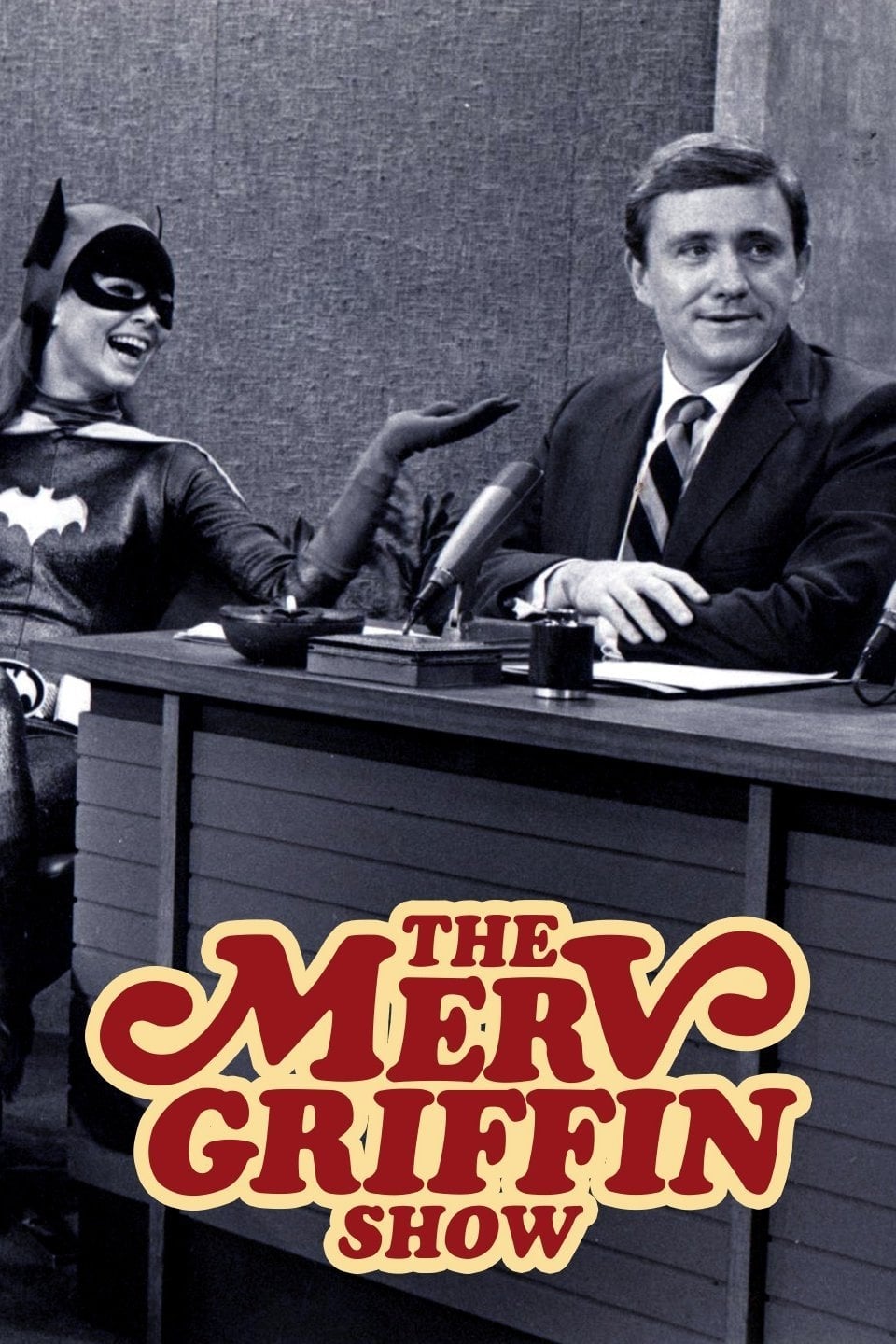
The Merv Griffin Show
Character: Self
...
Movie Credits
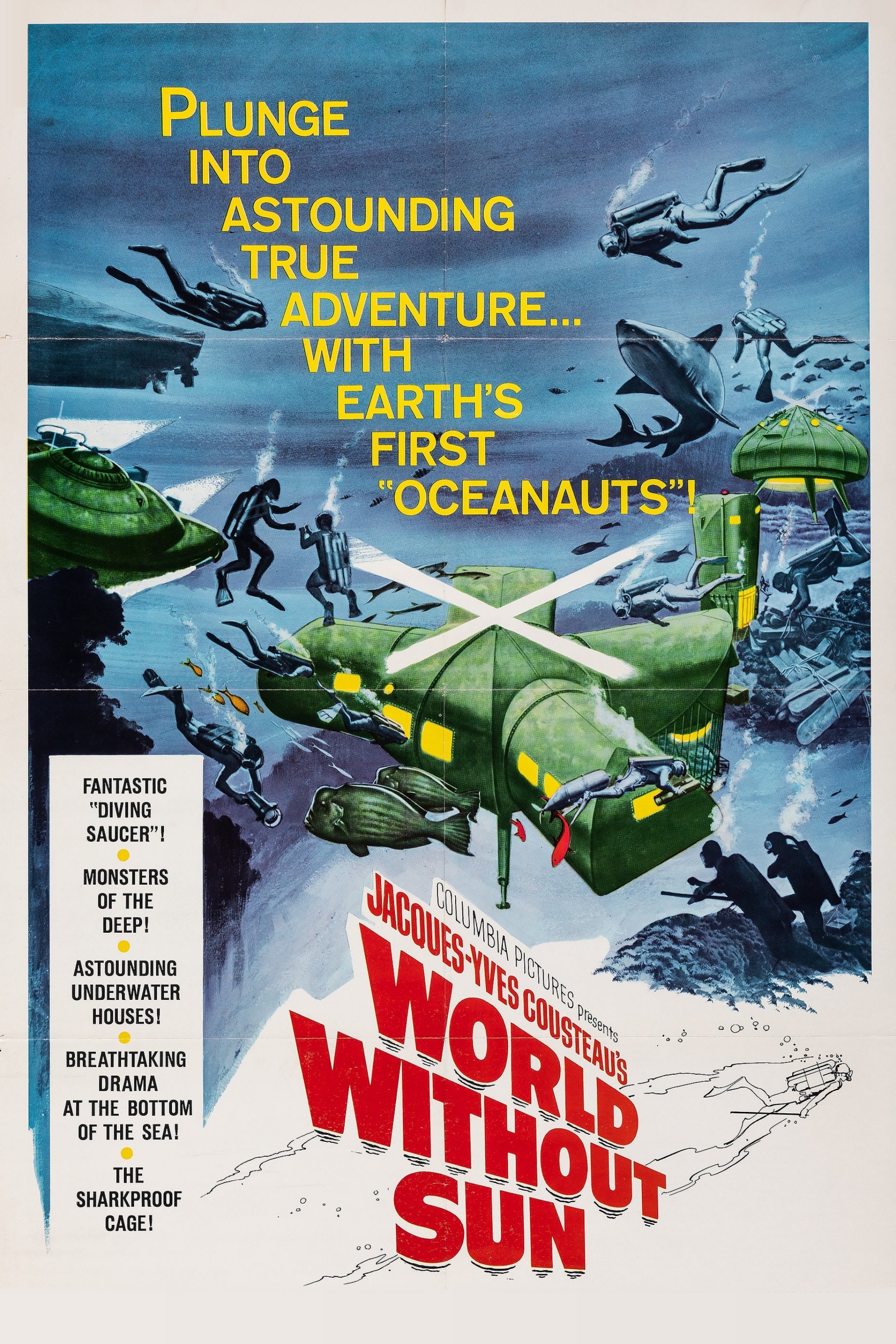
World Without Sun
Character: Self (uncredited)
Fascinating underwater documentary filmed with hand-held cameras by frogmen and mostly filmed in deep-water seas from within a special designed batiscaff, by the Cousteau family of sea explorers. Preserved by the Academy Film Archive in 2010....
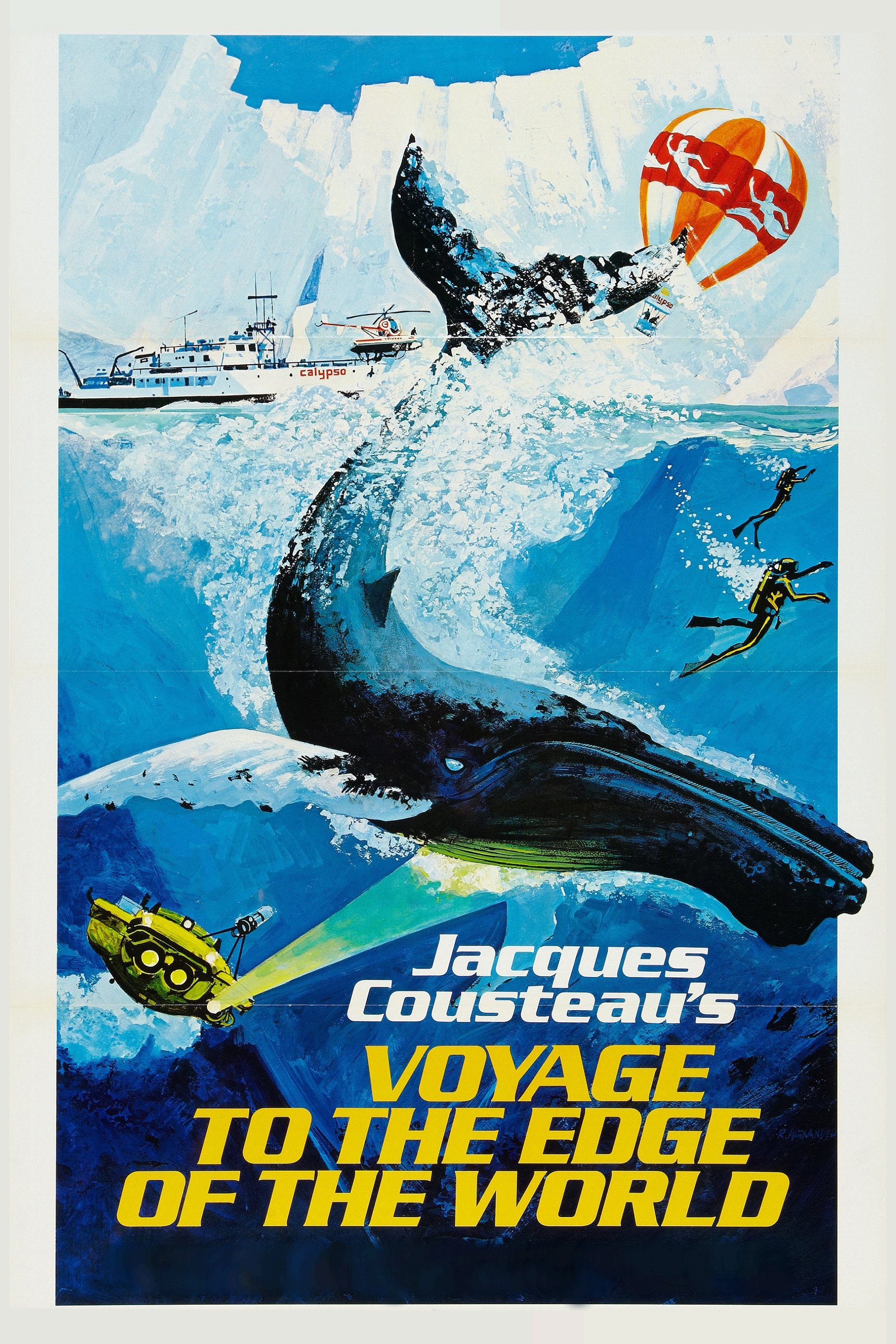
Voyage to the Edge of the World
Character: Self
On his ship "Calypso," as well as in a submarine, Jacques Cousteau and his crew sail from South America and travel to Antarctica. They explore islands, reefs, icebergs, fossils, active volcanic craters, and creatures of the ocean never before seen. This voyage took place in 1975, and Captain Cousteau became one of the first explorers ever to dive beneath the waters of the frozen South Pole....
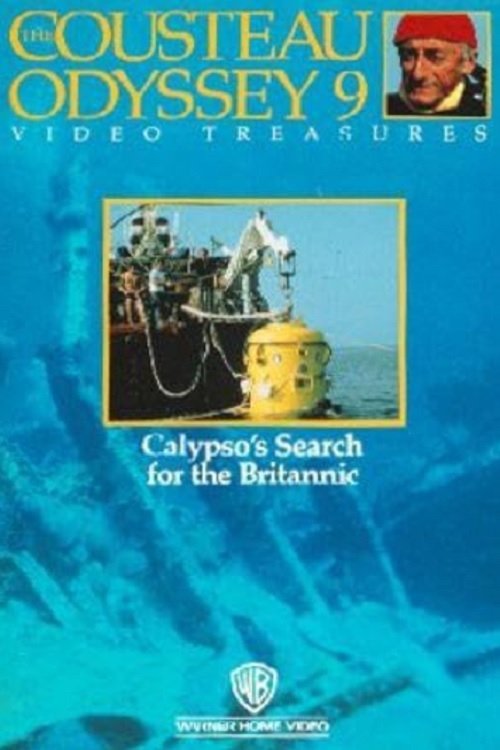
Calypso's Search for the Britannic
Character: Self
For 70 years, the sudden sinking of the mighty British ship Britannic - larger than the sister ship Titanic - has been shrouded in mystery. Jacques Cousteau reveals the full story of November 21, 1916 when, on her sixth journey as a hospital ship, Britannic exploded and sank into the Aegean Sea....
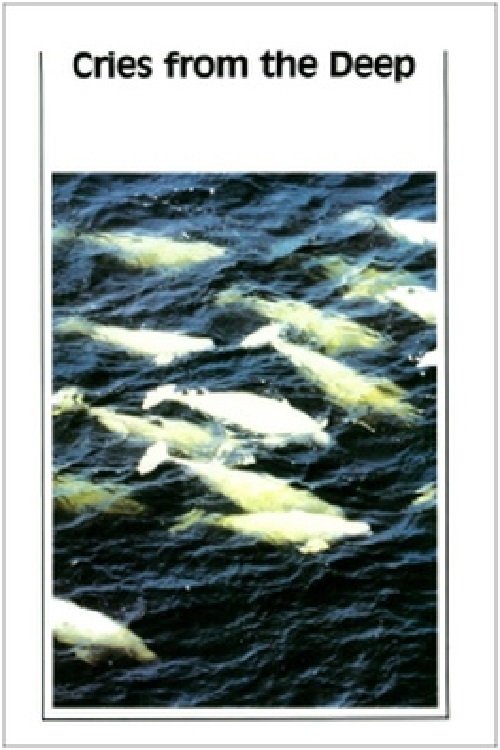
Cries from the Deep
Character: Self
This documentary records the journey undertaken by Jacques Cousteau, his 24-member team, and an NFB film crew to explore the Grand Banks of Newfoundland, one of the world's richest fishing areas. They discover shipwrecks, film icebergs and observe beluga whales, humpback whales and harp seals. The film also includes a fascinating sequence showing Calypso divers freeing a calf whale entrapped in a fishing net....
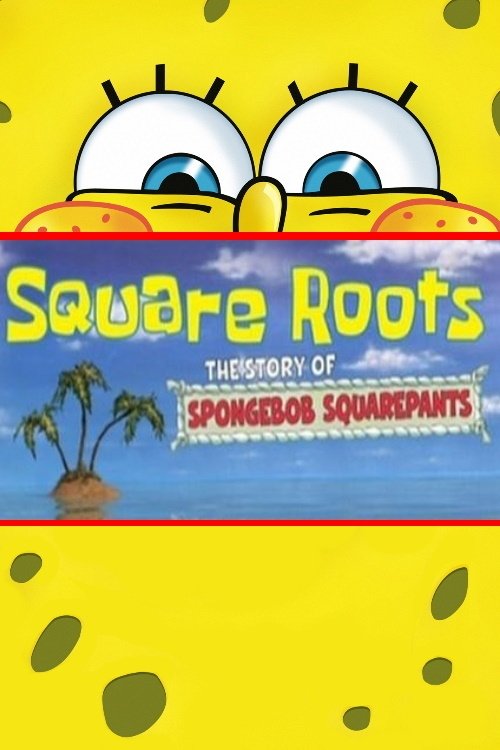
Square Roots: The Story of SpongeBob SquarePants
Character: Self (archive footage)
Commemorates the 10th anniversary of the SpongeBob SquarePants. The documentary chronicles the beloved character's journey to international pop culture icon status and showcases the series' around the world....
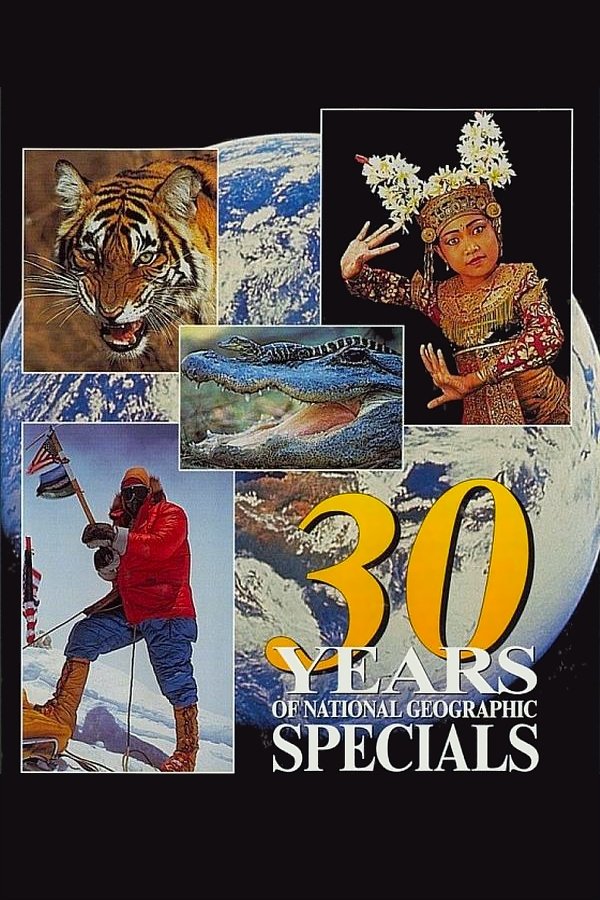
30 Years of National Geographic Specials
Character: Self (archive footage)
Celebrates 30 years of televised specials by The National Geographic Society....
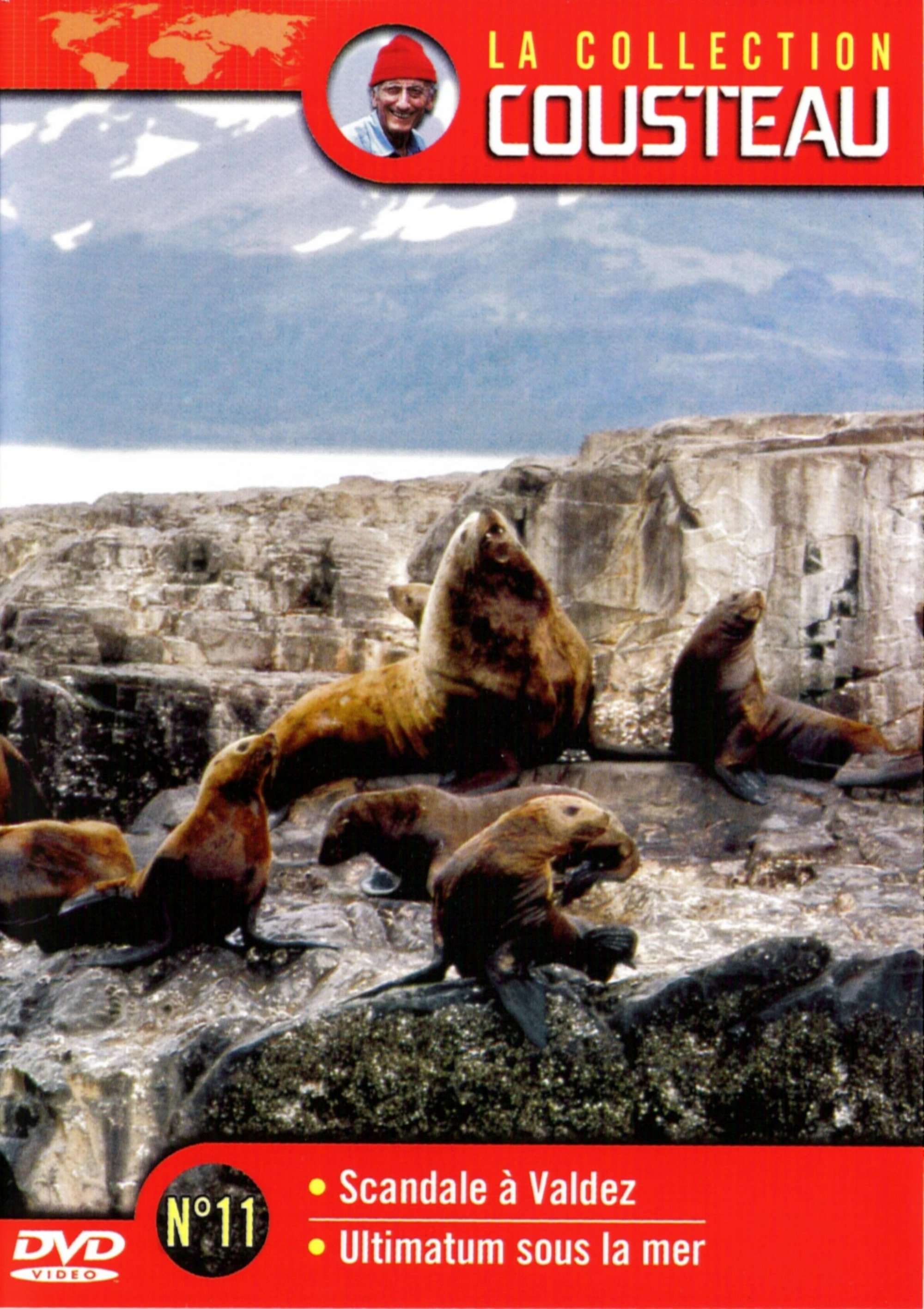
The Cousteau Collection N°11-1 | Scandal in Valdez
Character: Self
...
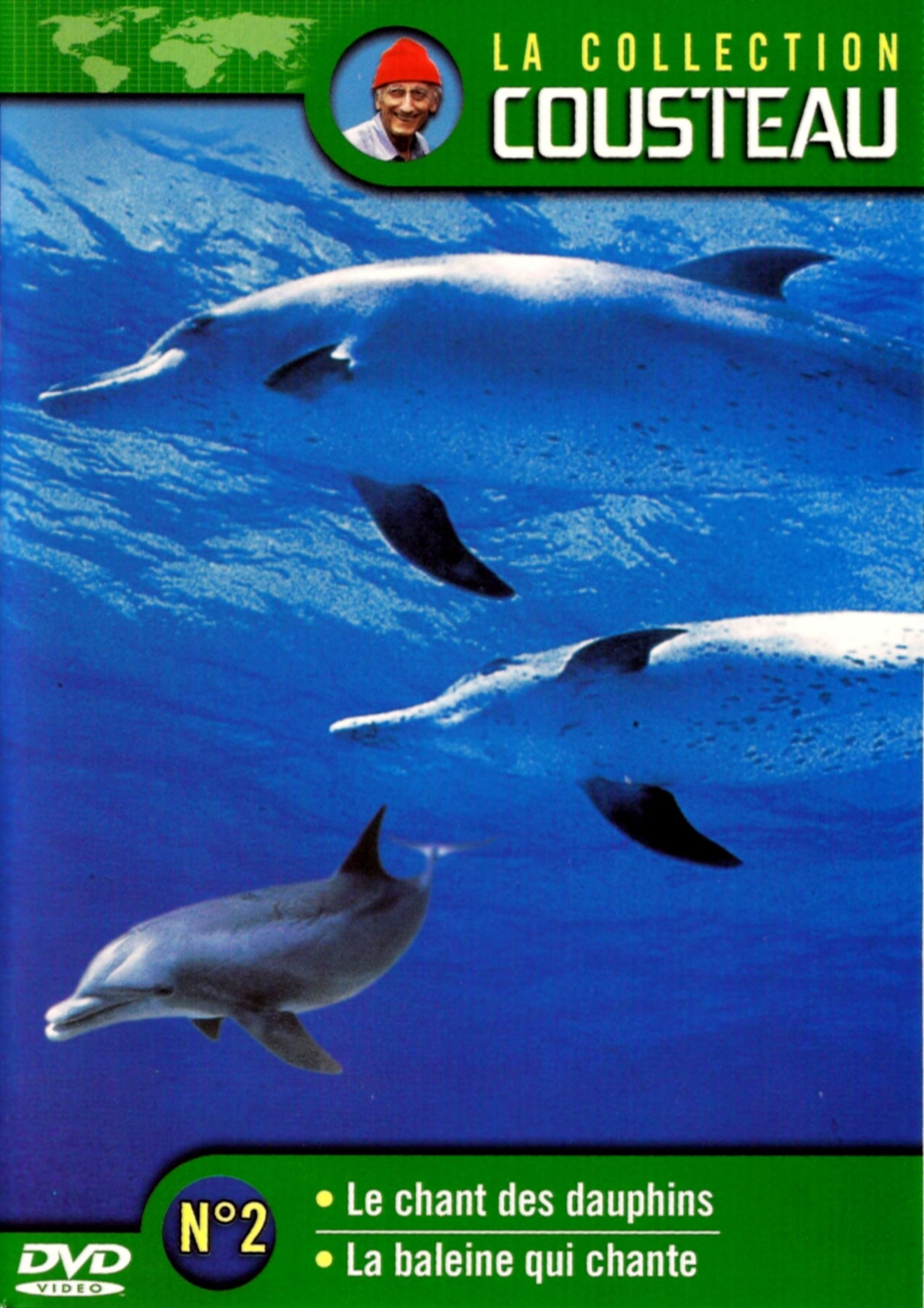
The Cousteau Collection N°2-1 | The Song of the Dolphins
Character: Self
...
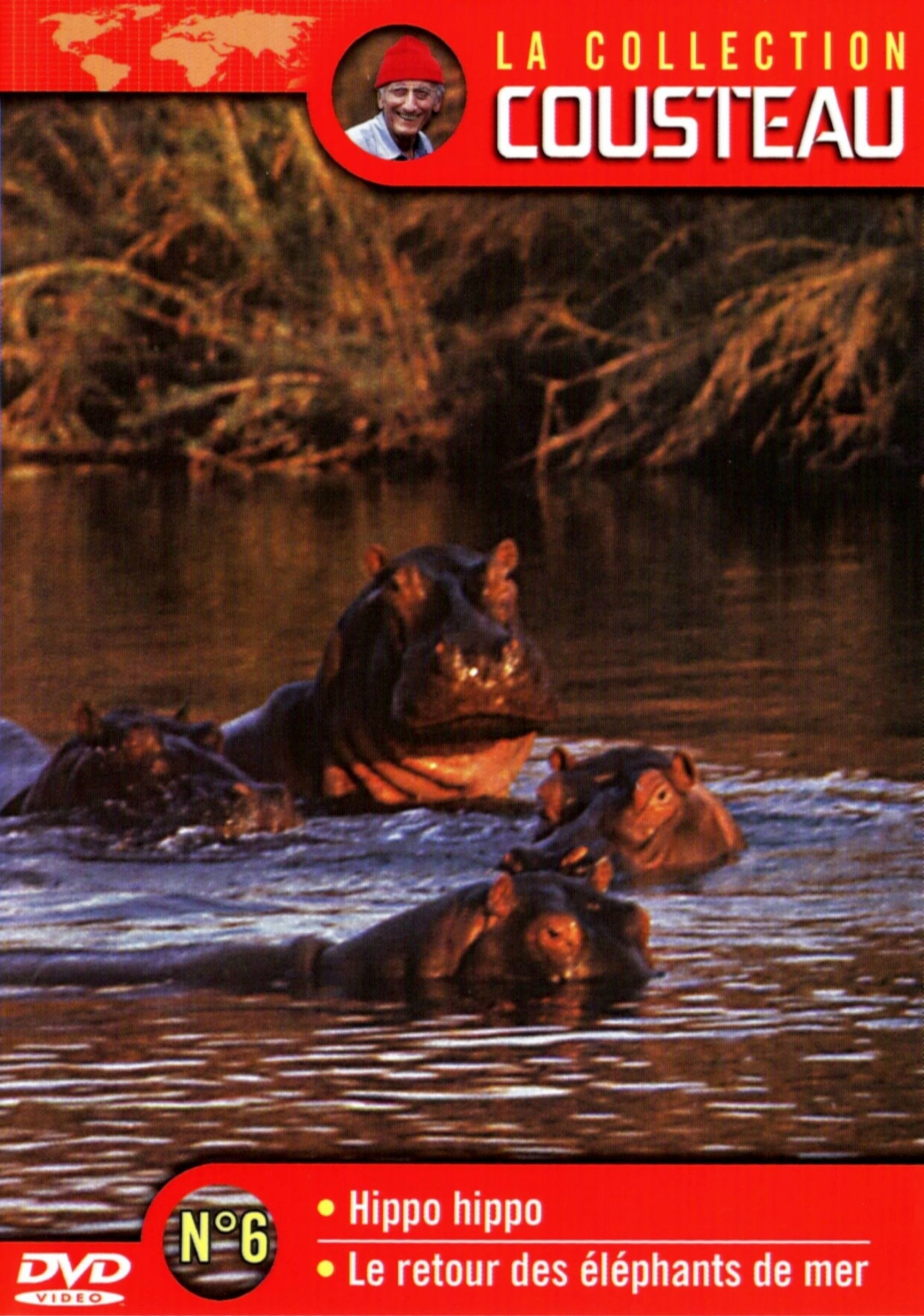
The Cousteau Collection N°6-1 | Hippo, Hippo
Character: Self
...
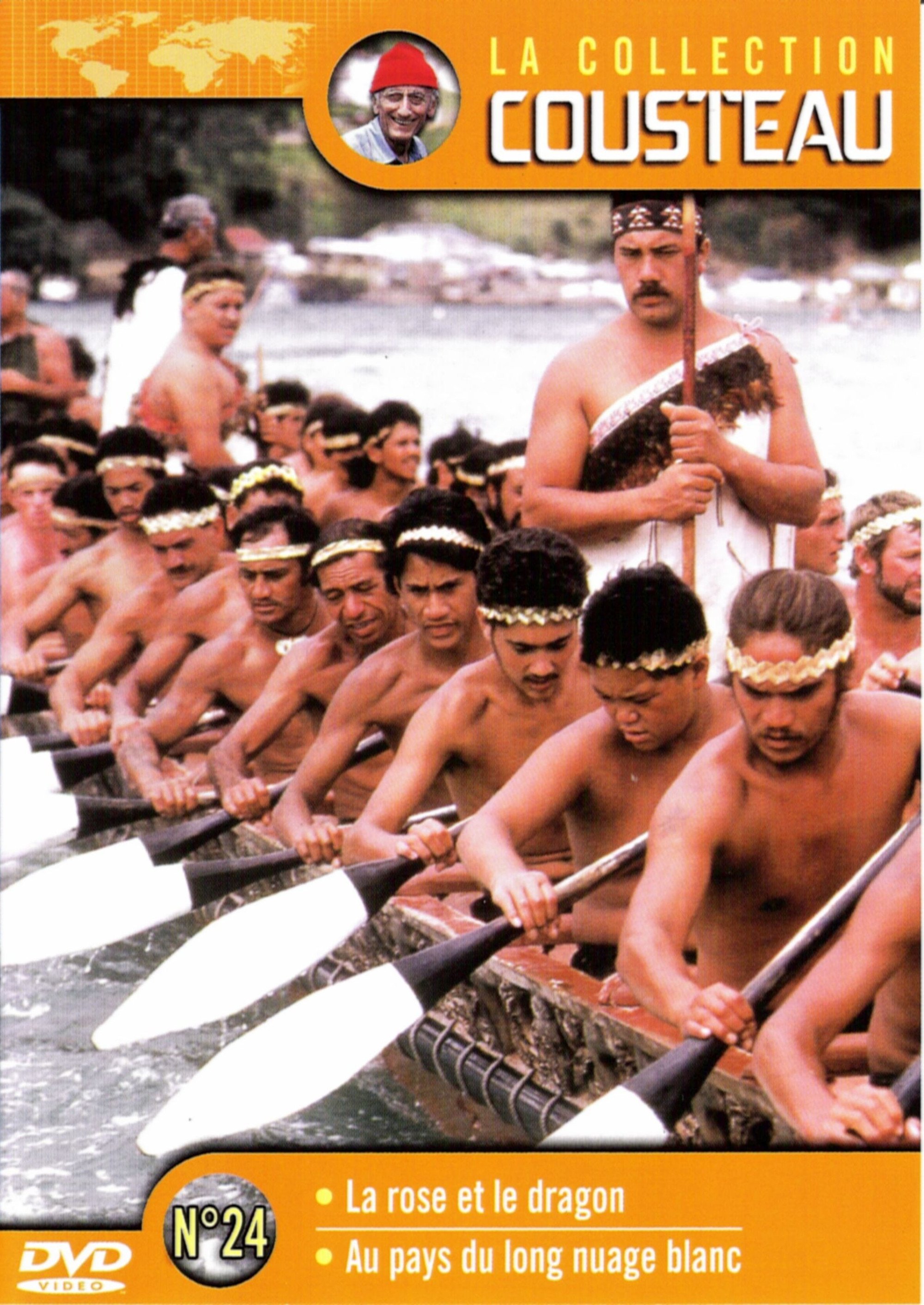
The Cousteau Collection N°11-2 | Ultimatum Under the Sea
Character: Self
...
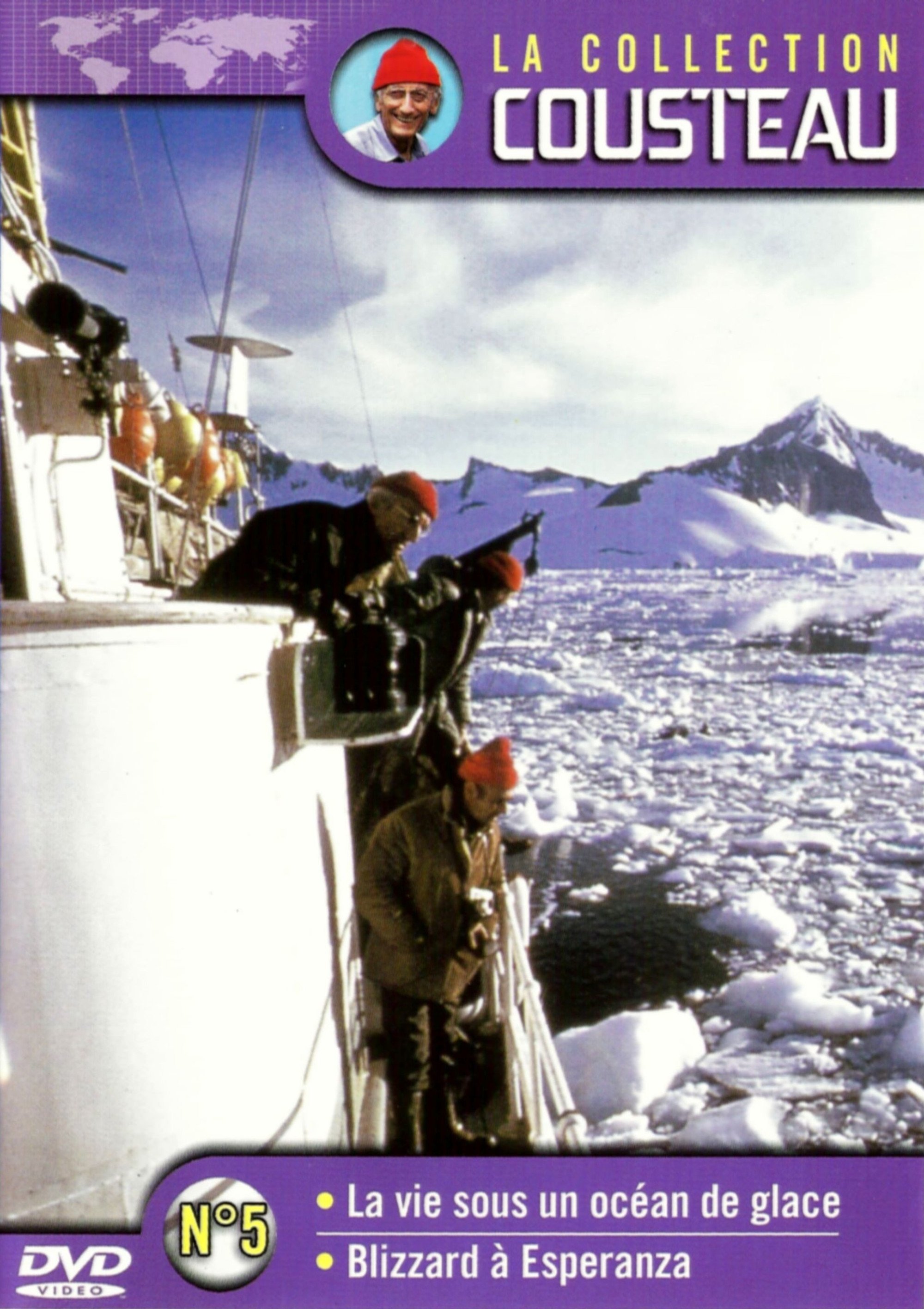
The Cousteau Collection N°5-1 | Life Under an Ocean of Ice
Character: Self
...
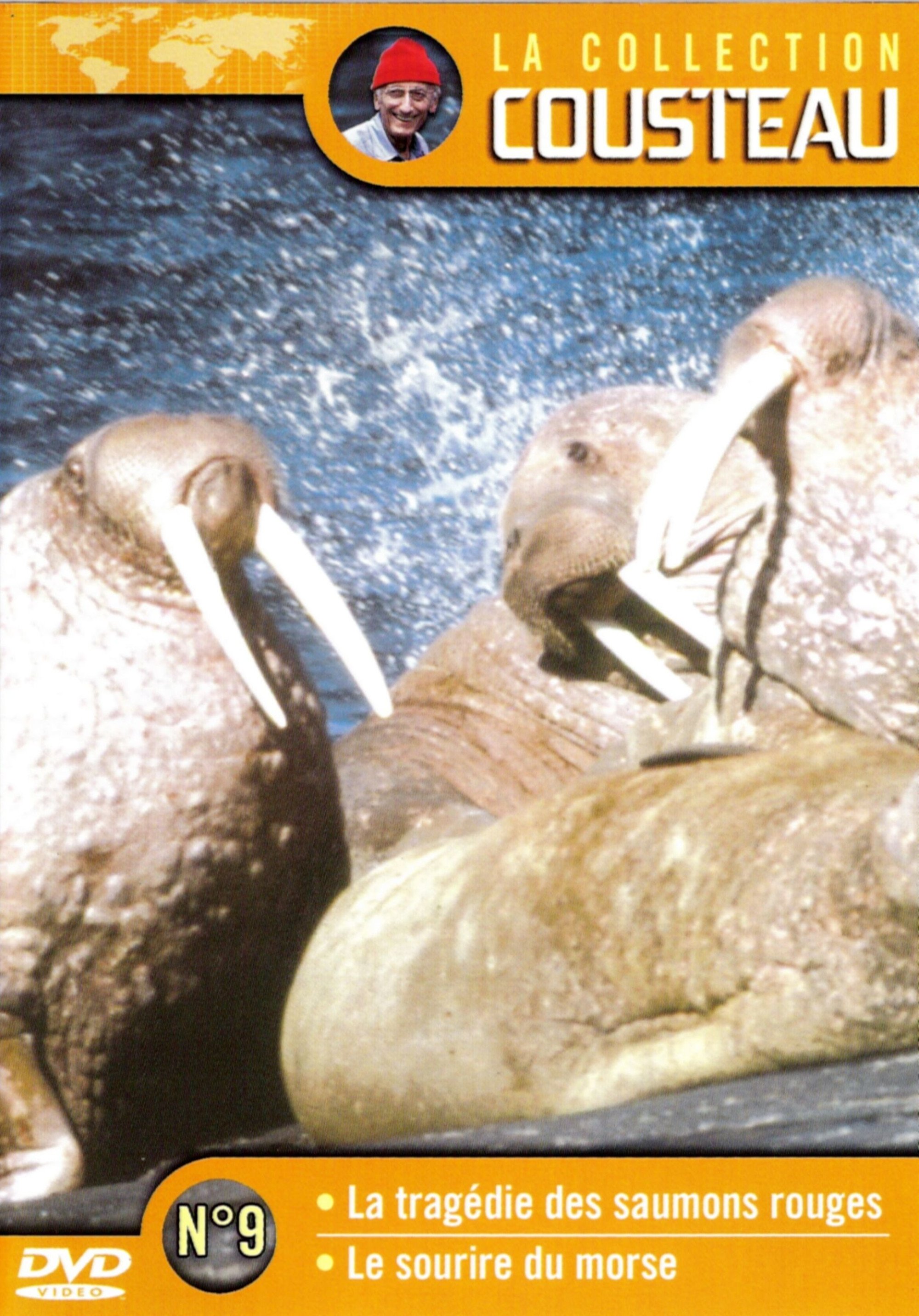
The Cousteau Collection N°9-2 | Morse's Smile
Character: Self
...
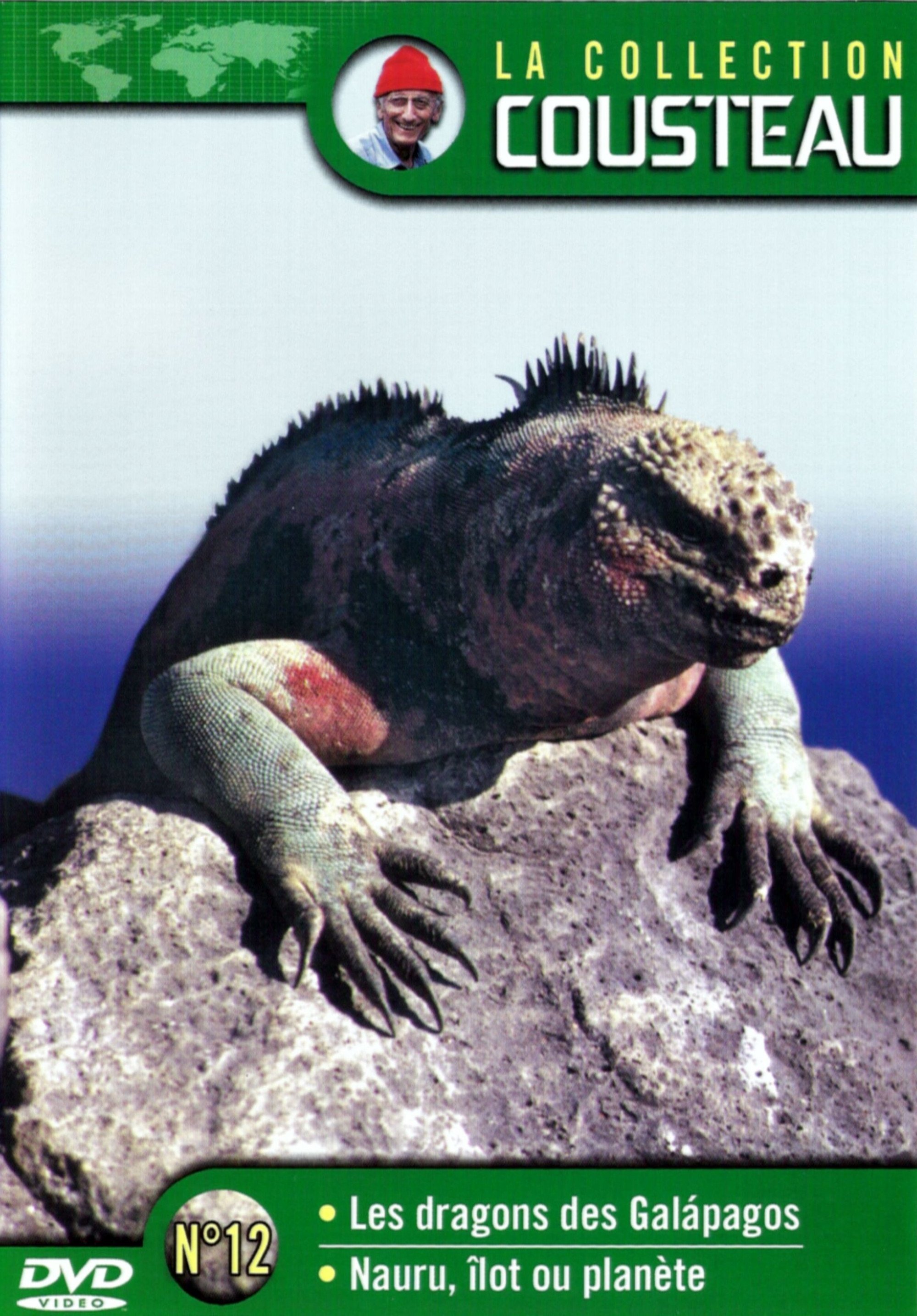
The Cousteau Collection N°12-1 | The Dragons of the Galapagos
Character: Self
...
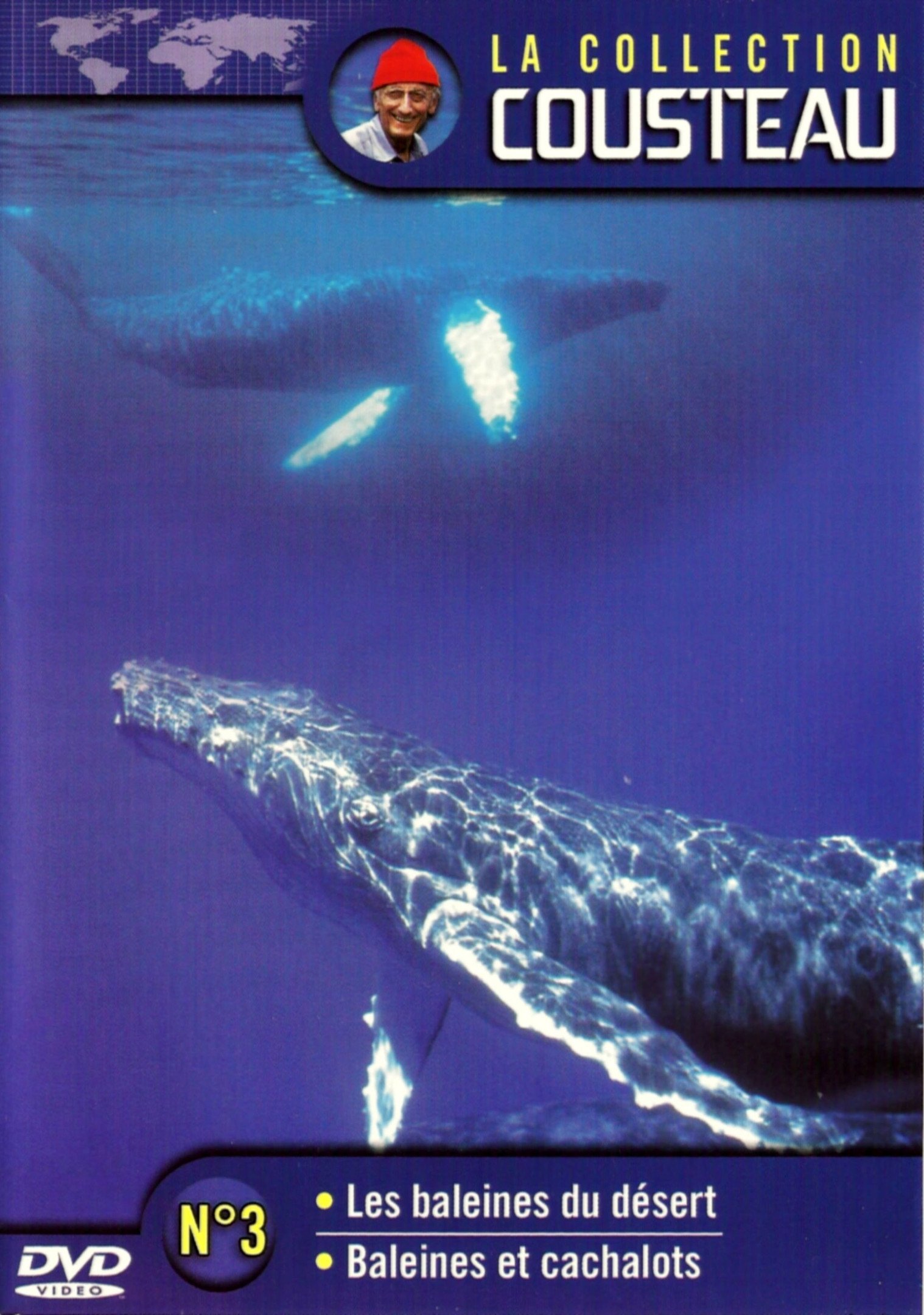
The Cousteau Collection N°3-1 | Desert Whales
Character: Self
...

The Cousteau Collection N°7-2 | The Night of the Squid
Character: Self
...
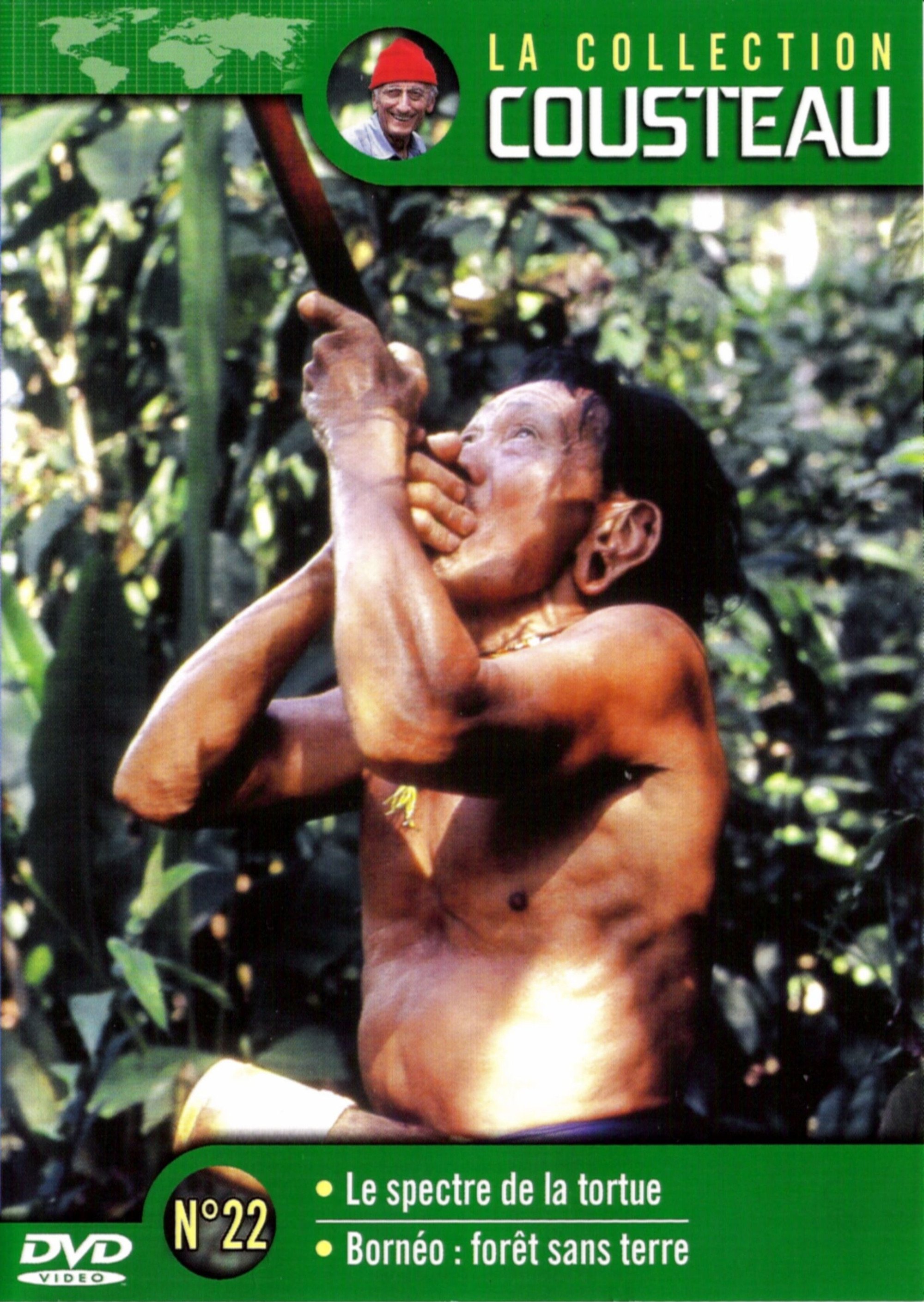
The Cousteau Collection N°8-2 | In Search of Atlantis (Part 2)
Character: Self
...

The Cousteau Collection N°4-2 | The Flight of the Penguin
Character: Self
...
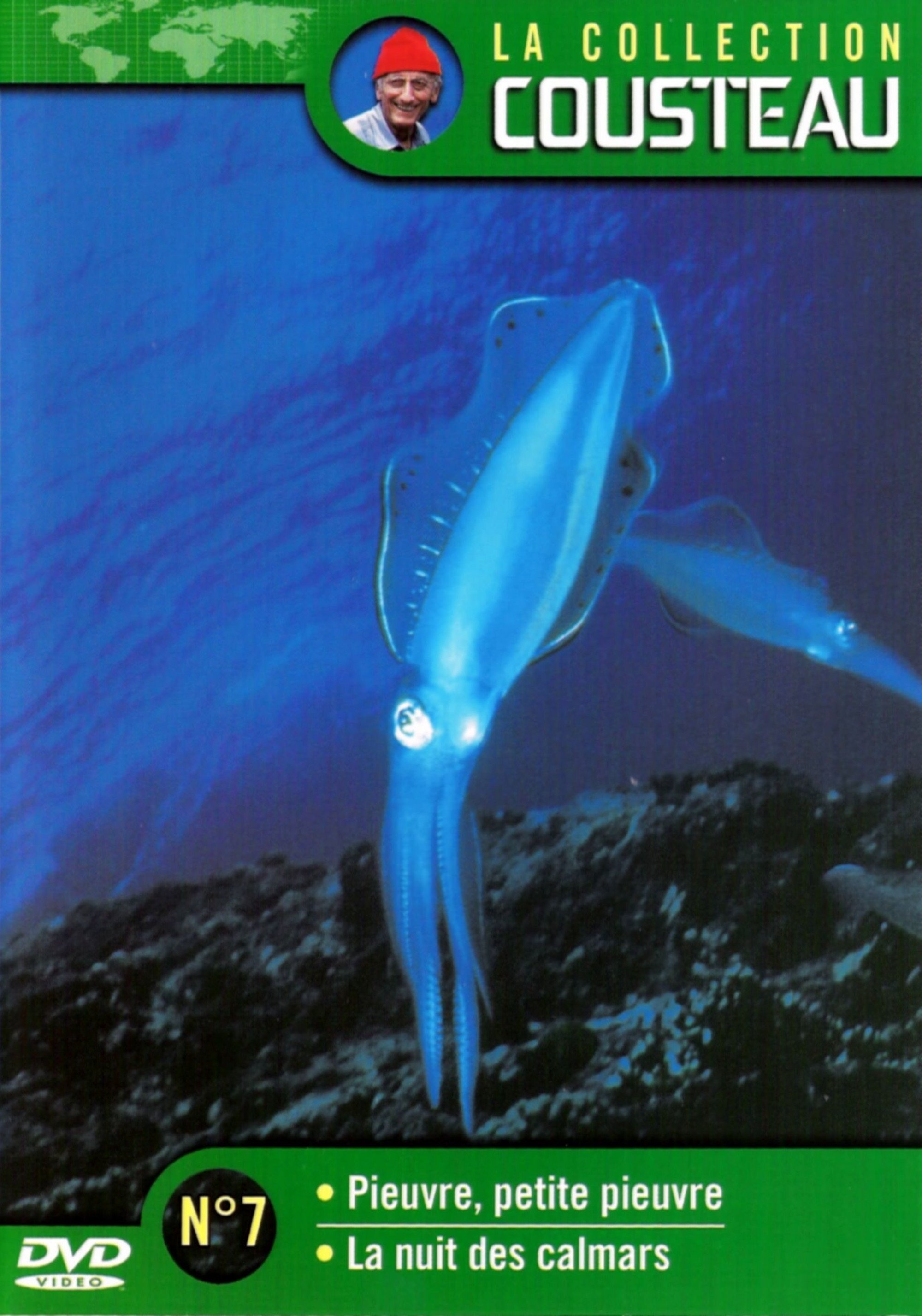
The Cousteau Collection N°7-1 | Octopus, Little Octopus
Character: Self
...
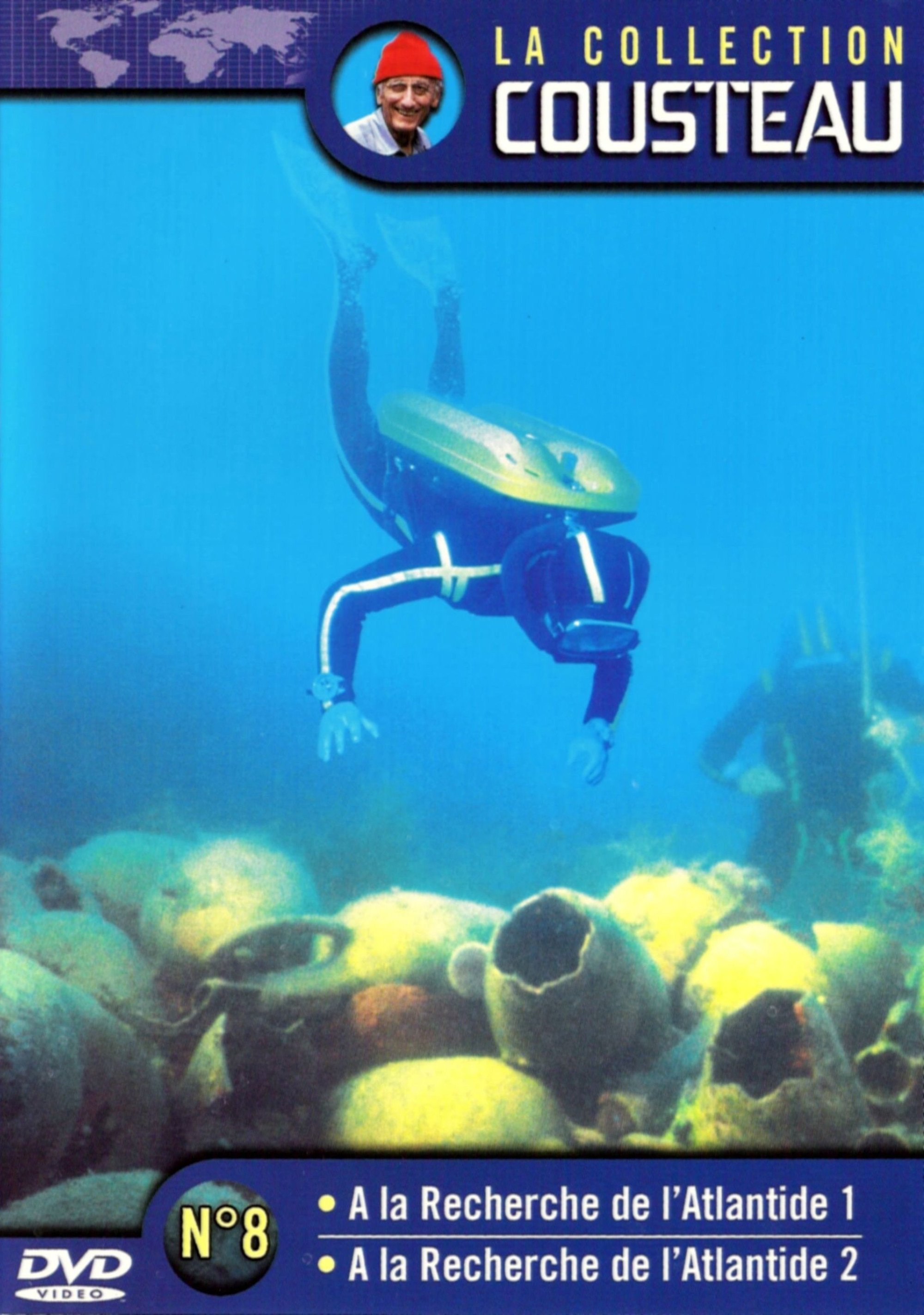
The Cousteau Collection N°8-1 | In Search of Atlantis (Part 1)
Character: Self
The myth of Atlantis has only one source: Plato. He described, some 2,500 years ago, a country overflowing with wealth, located beyond the Pillars of Hercules, whose capital would have been destroyed by an earthquake, then engulfed in the depths of the sea. Following a miraculous aerial photo, Commander Cousteau finds himself on the trail of the lost civilization of the legend of Atlantis. Near the island of Dia, the team makes an extraordinary discovery…...
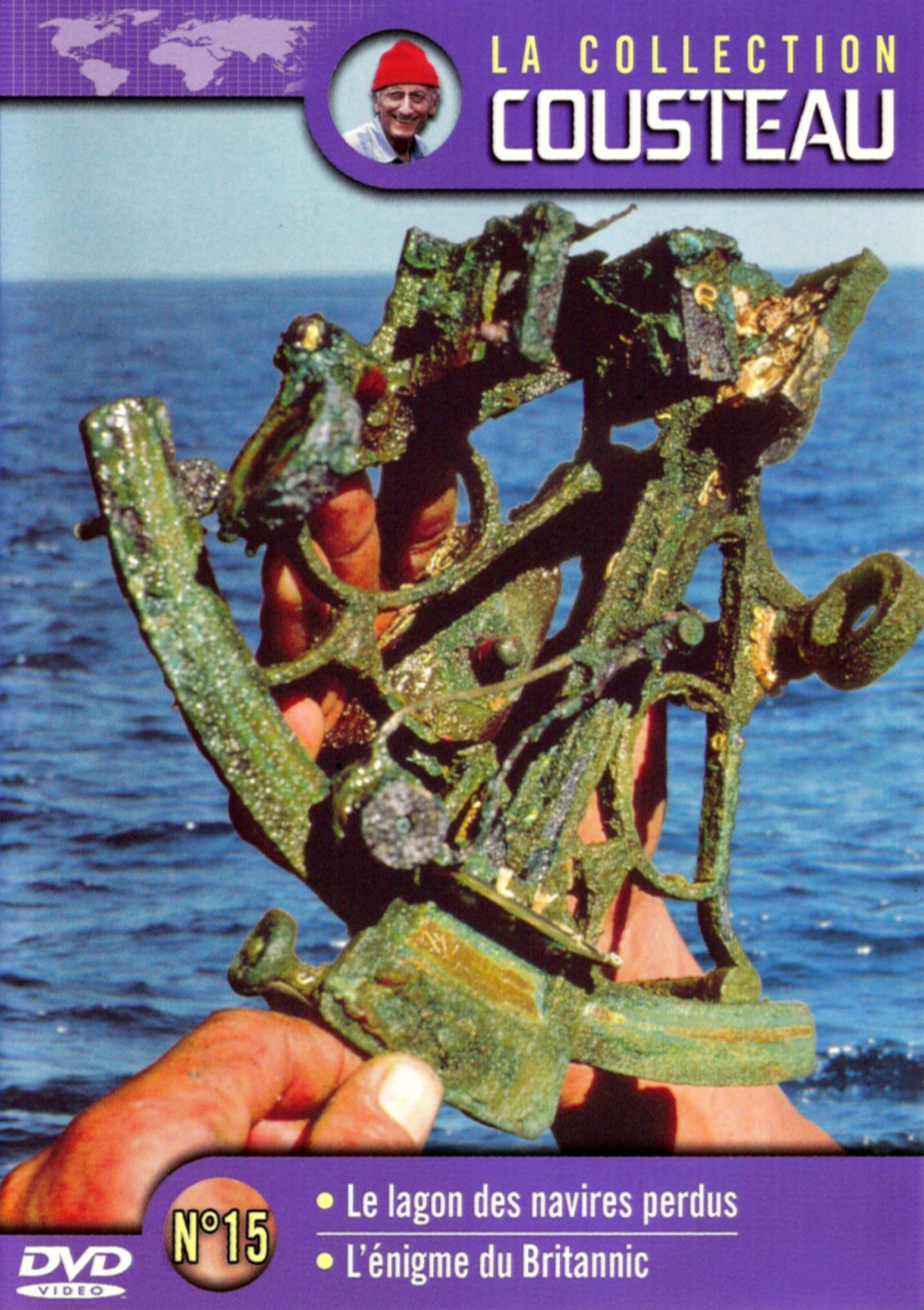
The Cousteau Collection N°15-1 | The Lagoon of Lost Ships
Character: Self
...
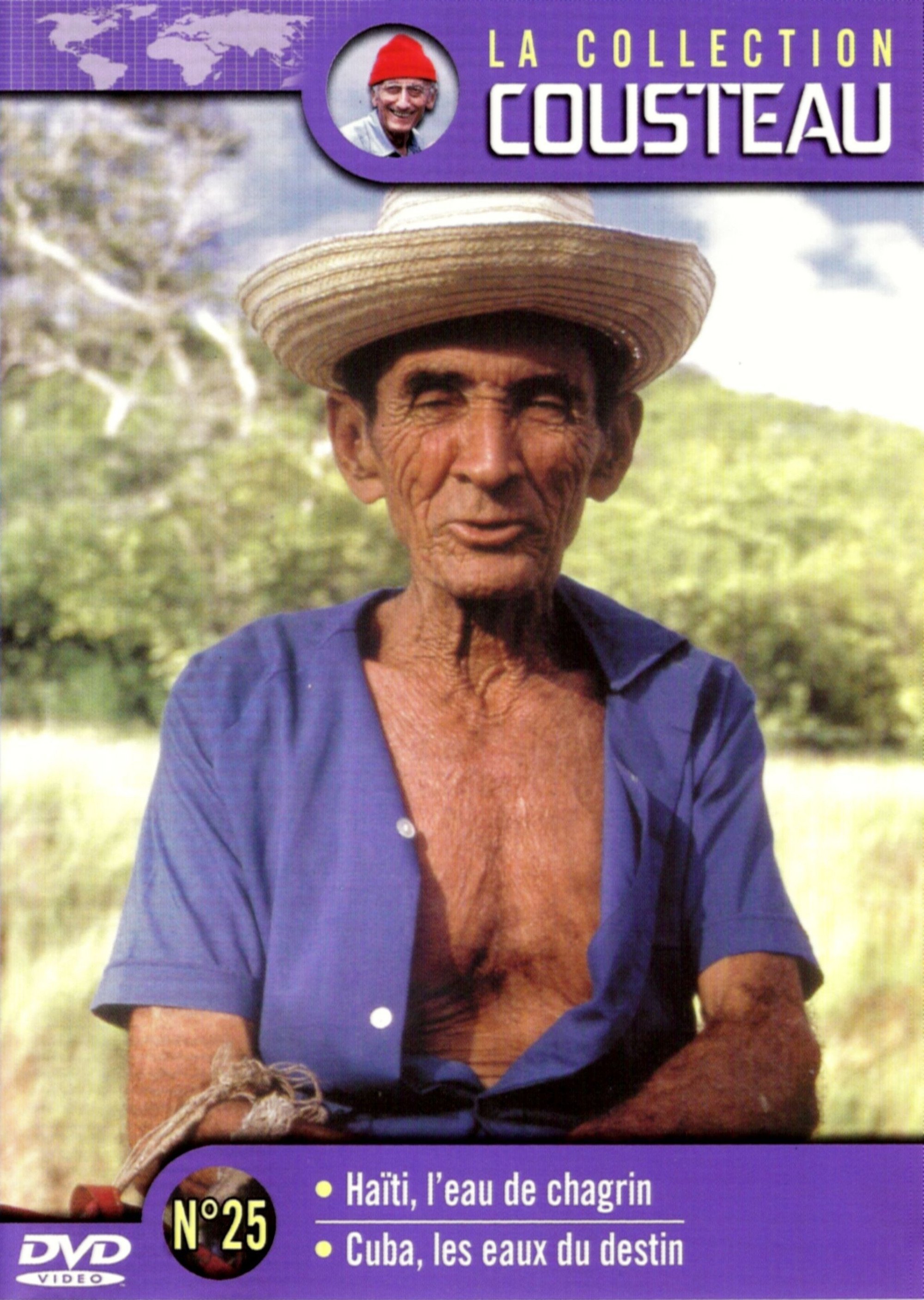
The Cousteau Collection N°17-2 | Amazon: The Enchanted River
Character: Self
...
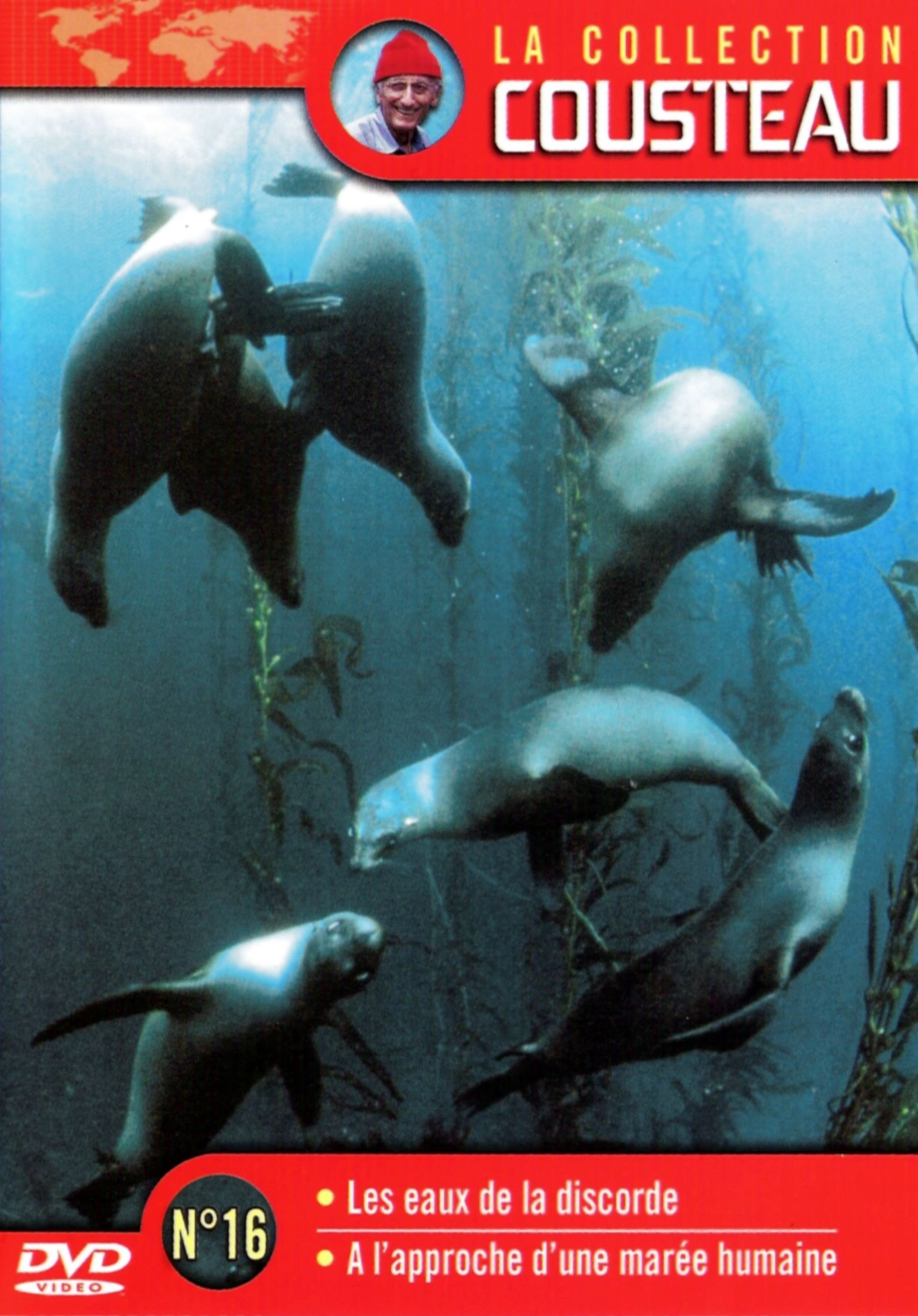
The Cousteau Collection N°16-1 | Strait Islands: The Waters of Discord
Character: Self
...
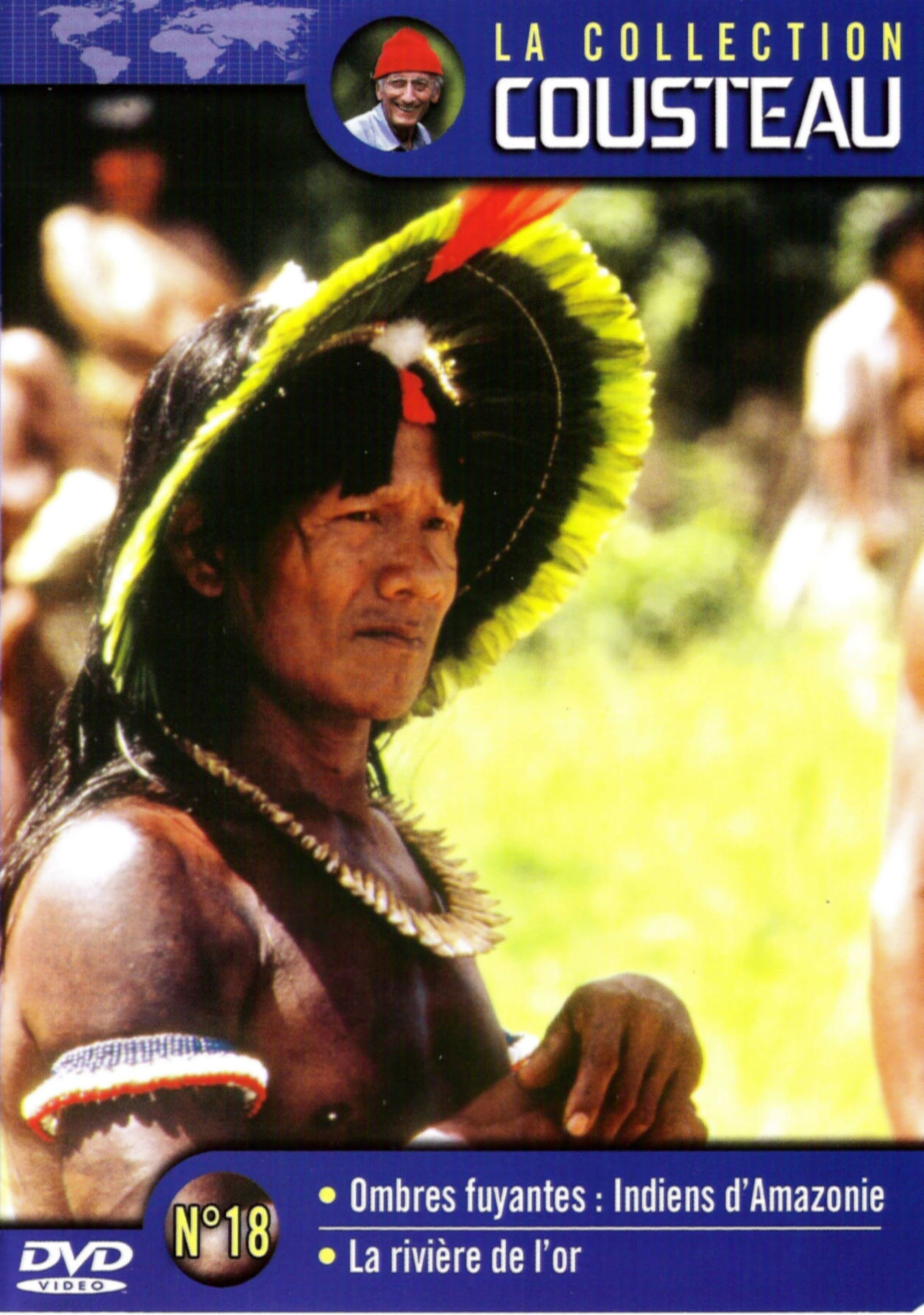
The Cousteau Collection N°18-1 | Fleeing Shadows: Indians of the Amazon
Character: Self
...
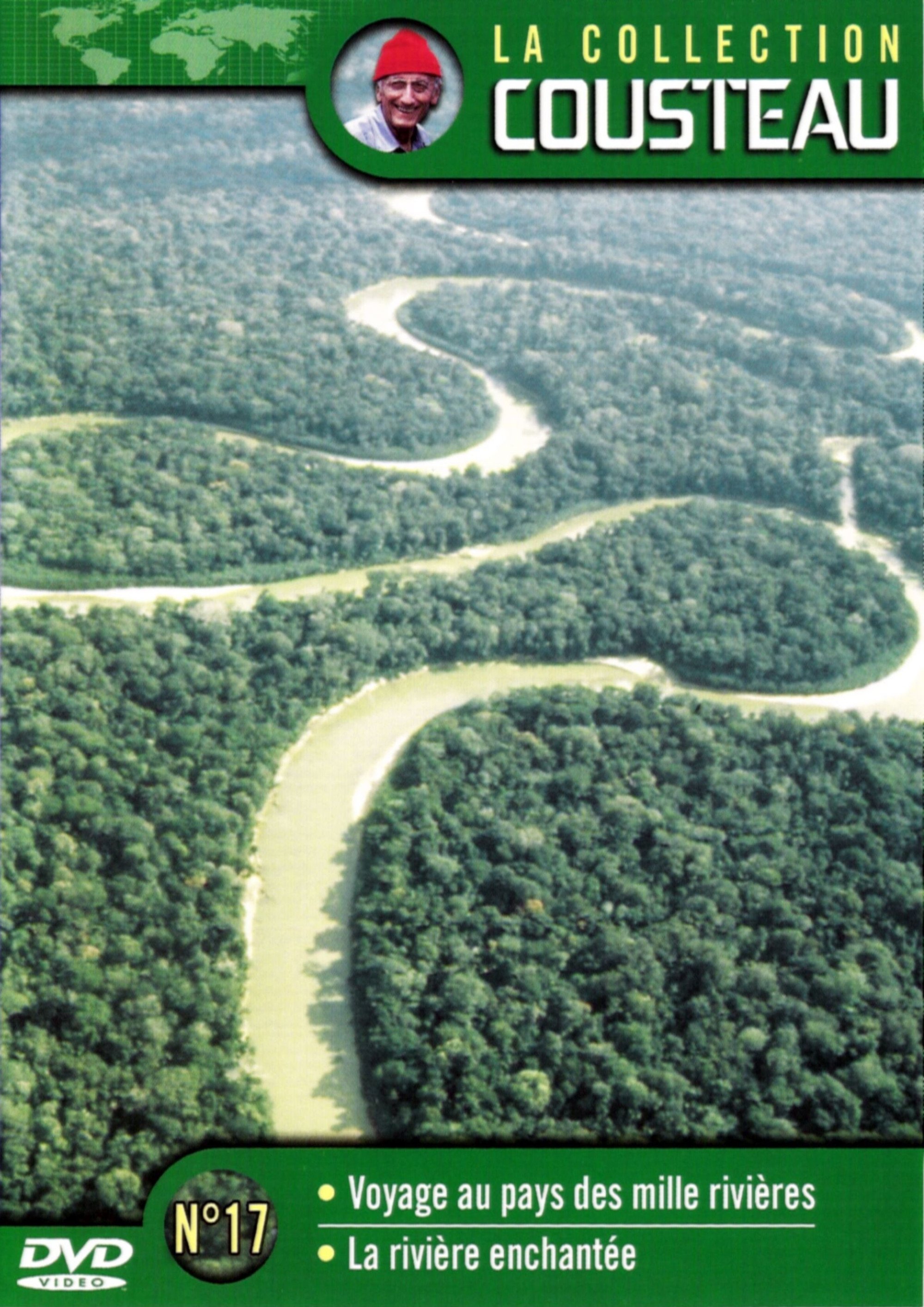
The Cousteau Collection N°17-1 | Amazon: In the Land of a Thousand Rivers
Character: Self
...
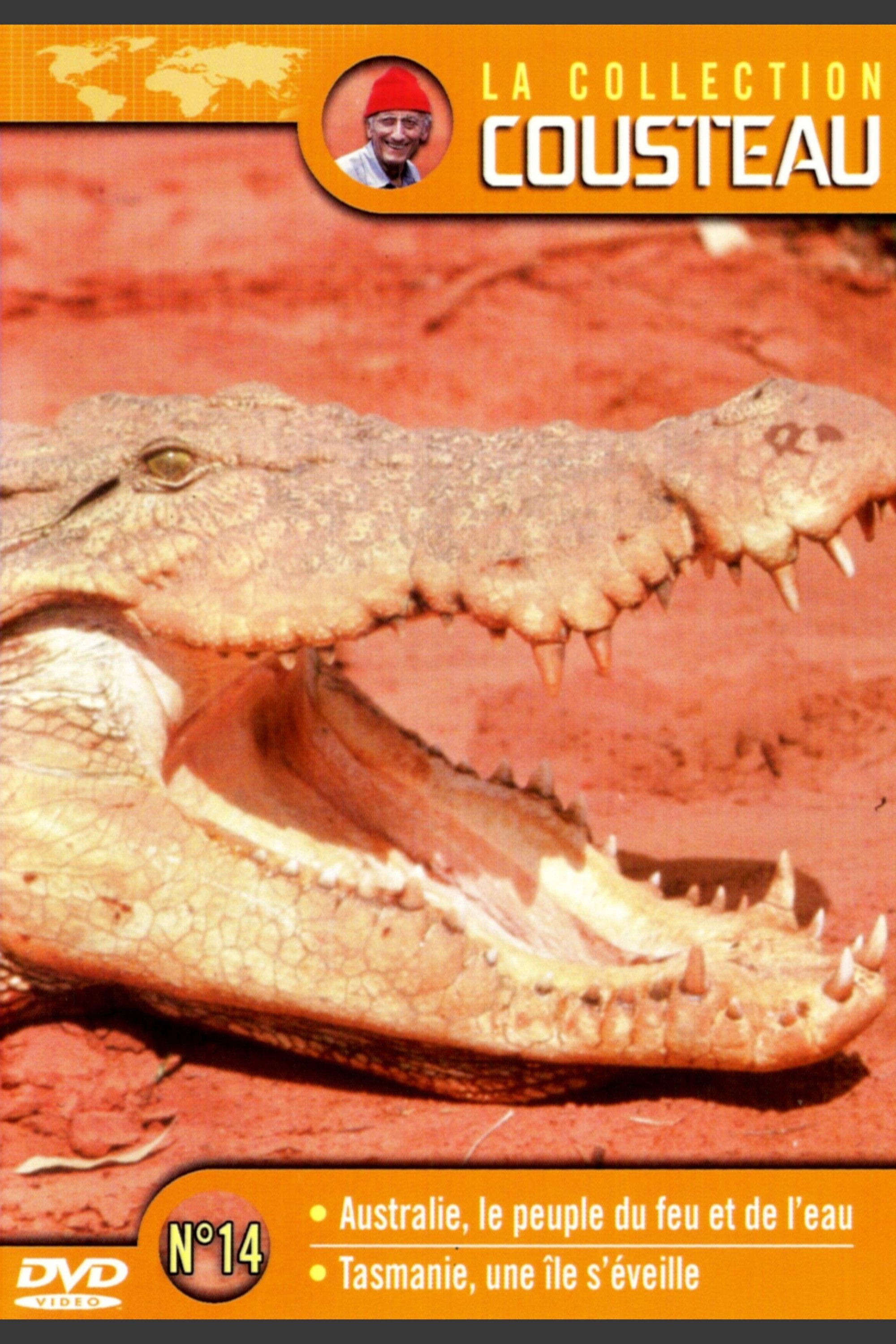
The Cousteau Collection N°14-1 | Australia: The People of Water and Fire
Character: Self
...

The Cousteau Collection N°23-1 | The Easter Island Testament
Character: Self
...
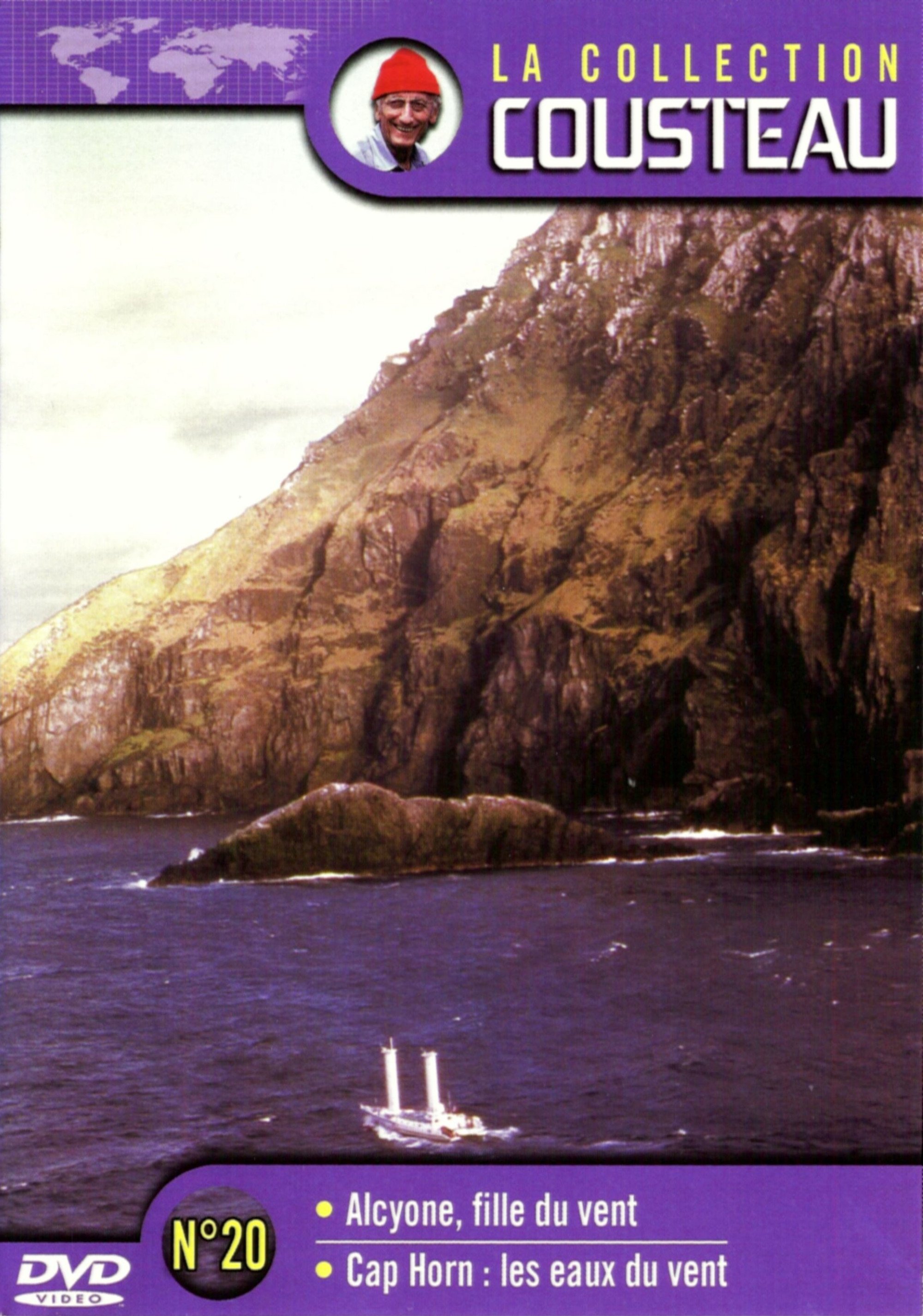
The Cousteau Collection N°20-1 | Alcyone: Daughter of the Wind
Character: Self
...
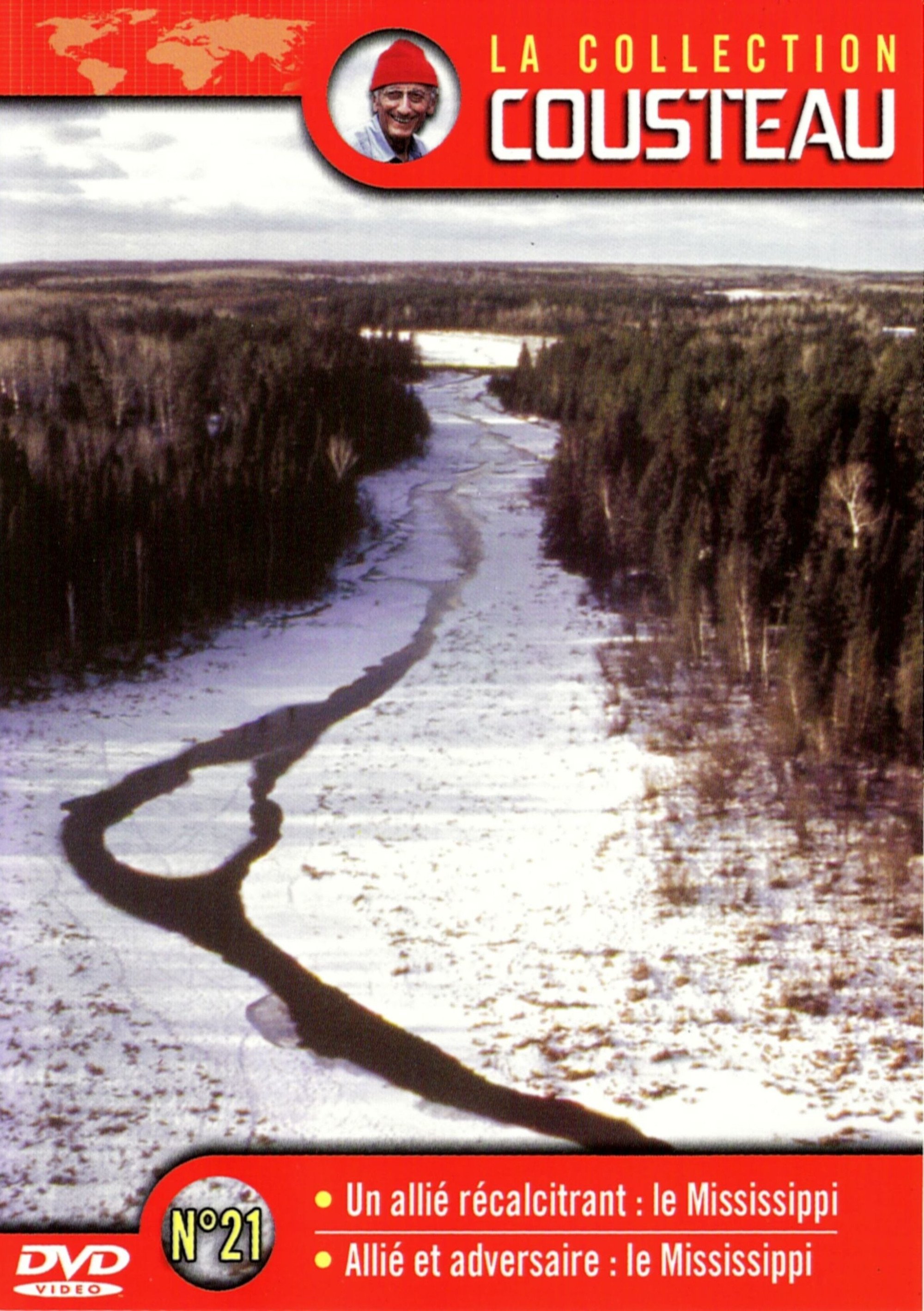
The Cousteau Collection N°21-1 | A Reluctant Ally: The Mississippi (Part 1)
Character: Self
Cousteau becomes a modern-day Huckleberry Finn to explore the Father of Waters. Shows the Mississippi's icy origin in Minnesota to its destination in the Gulf of Mexico. Looks at the river's land, wildlife, people, folklore, and industry....
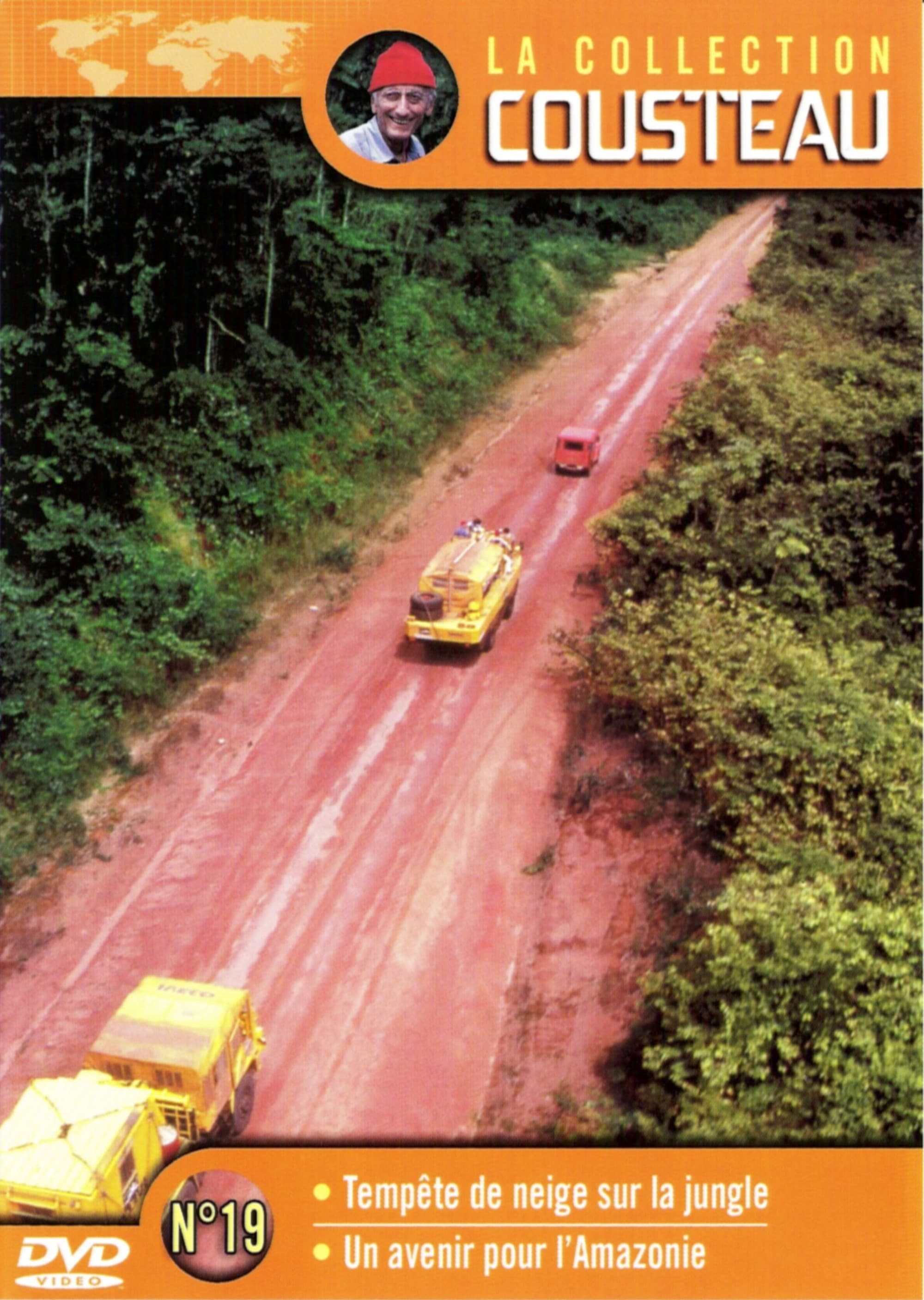
The Cousteau Collection N°19-1 | Amazon: Snowstorm in the Jungle
Character: Self
...
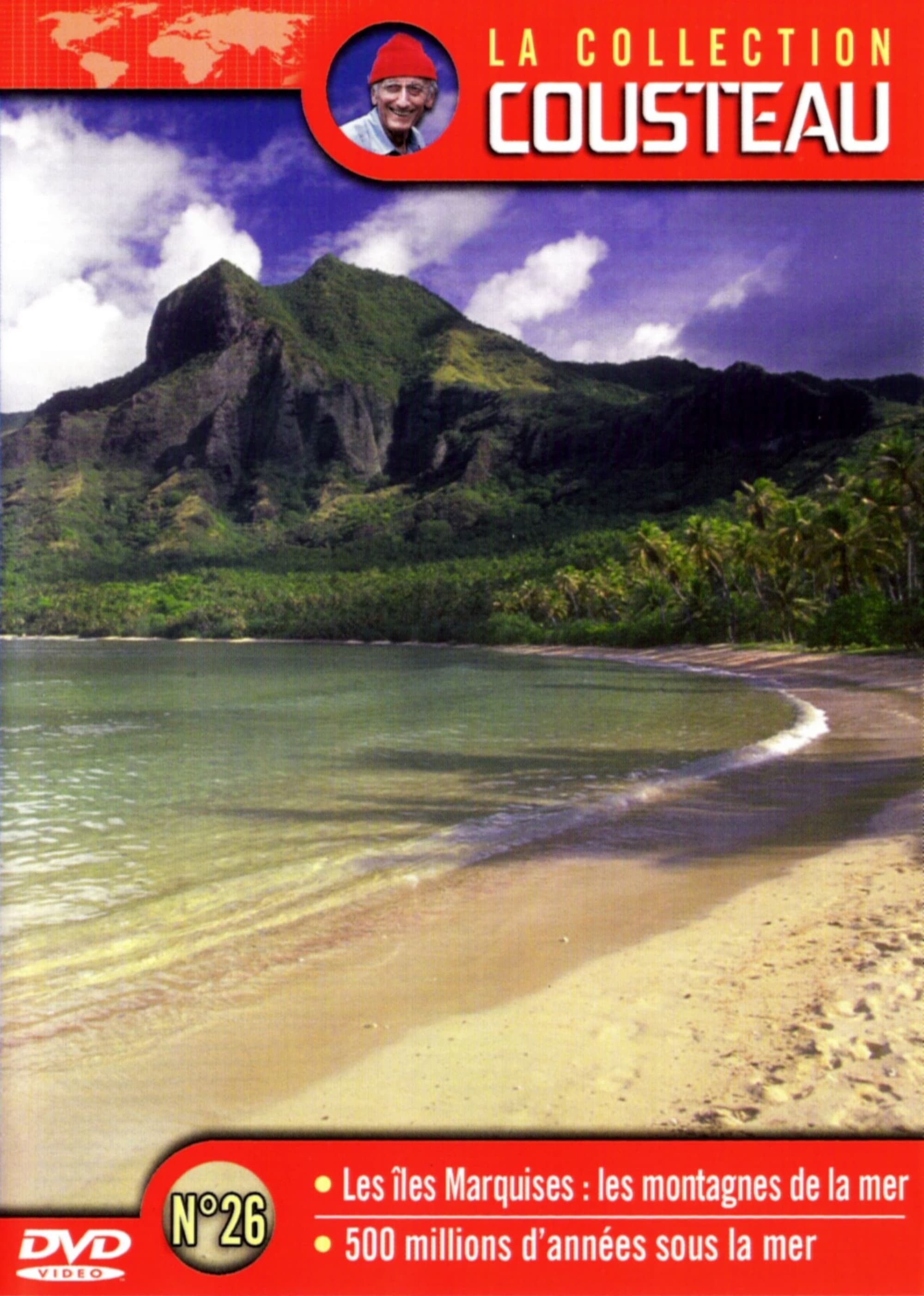
The Cousteau Collection N°26-1 | 500 Million Years Under the Sea
Character: Self
...
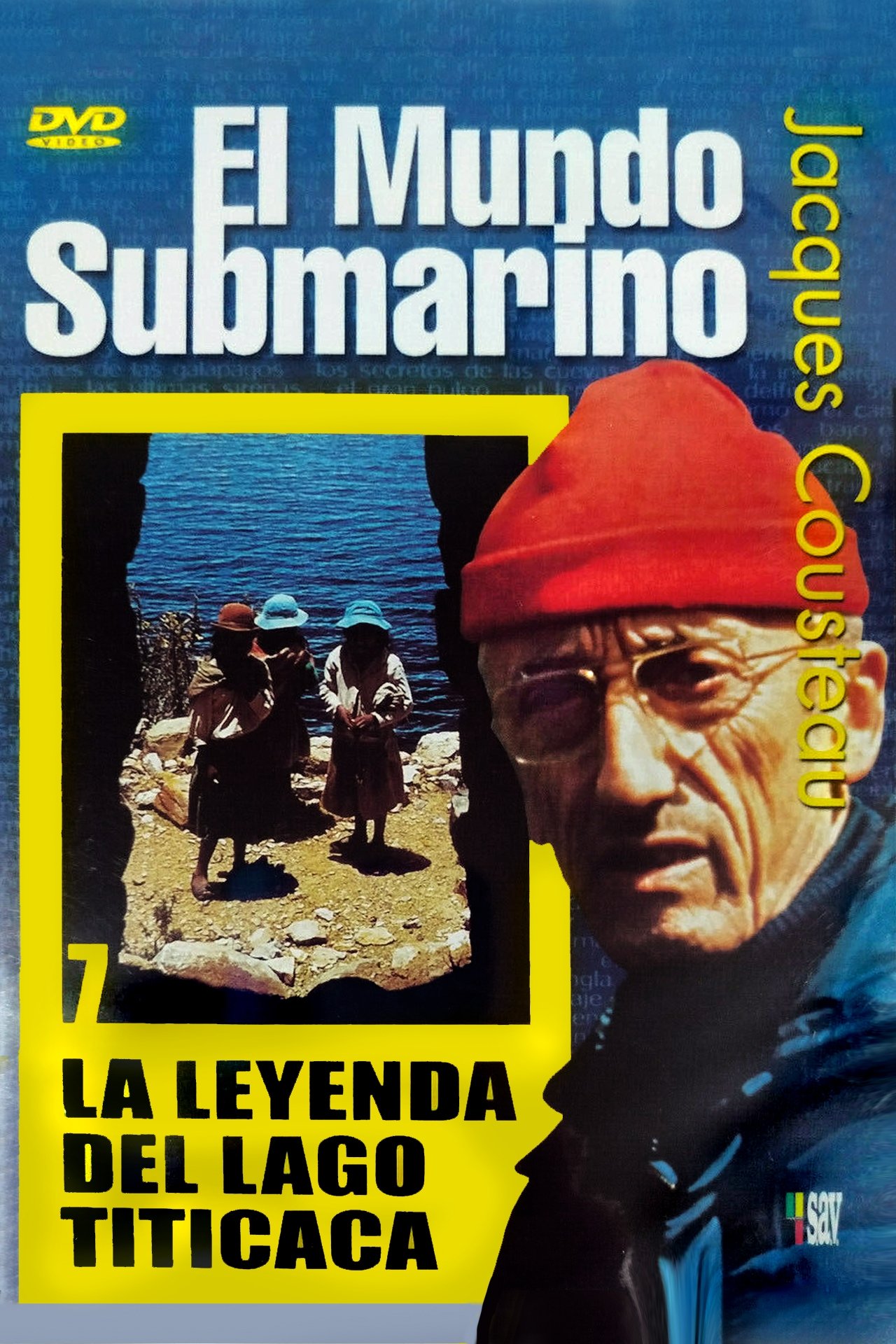
The Cousteau Collection N°34-1 | The Legend of Lake Titicaca
Character: Self
...
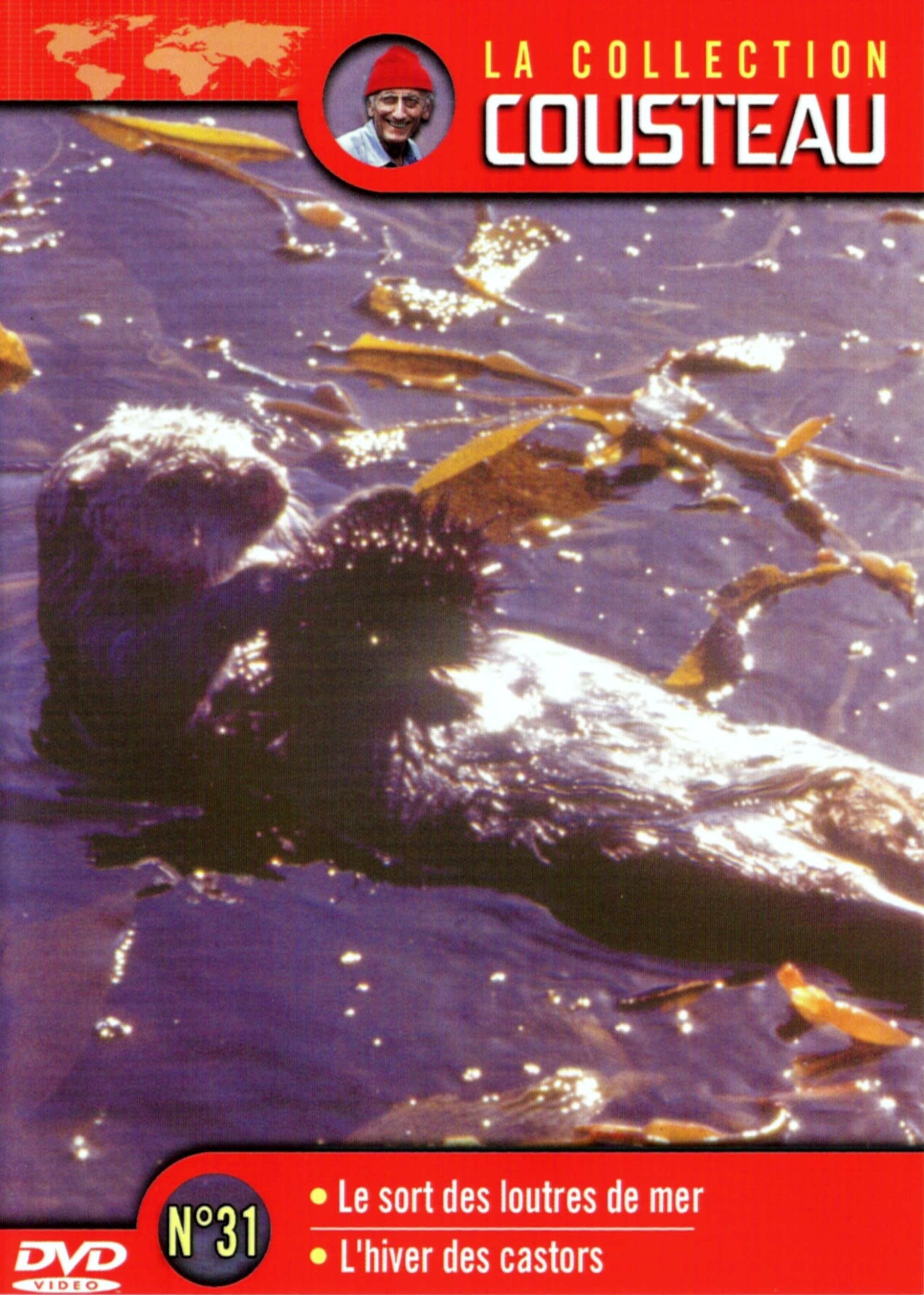
The Cousteau Collection N°31-1 | The Fate of Sea Otters
Character: Self
...
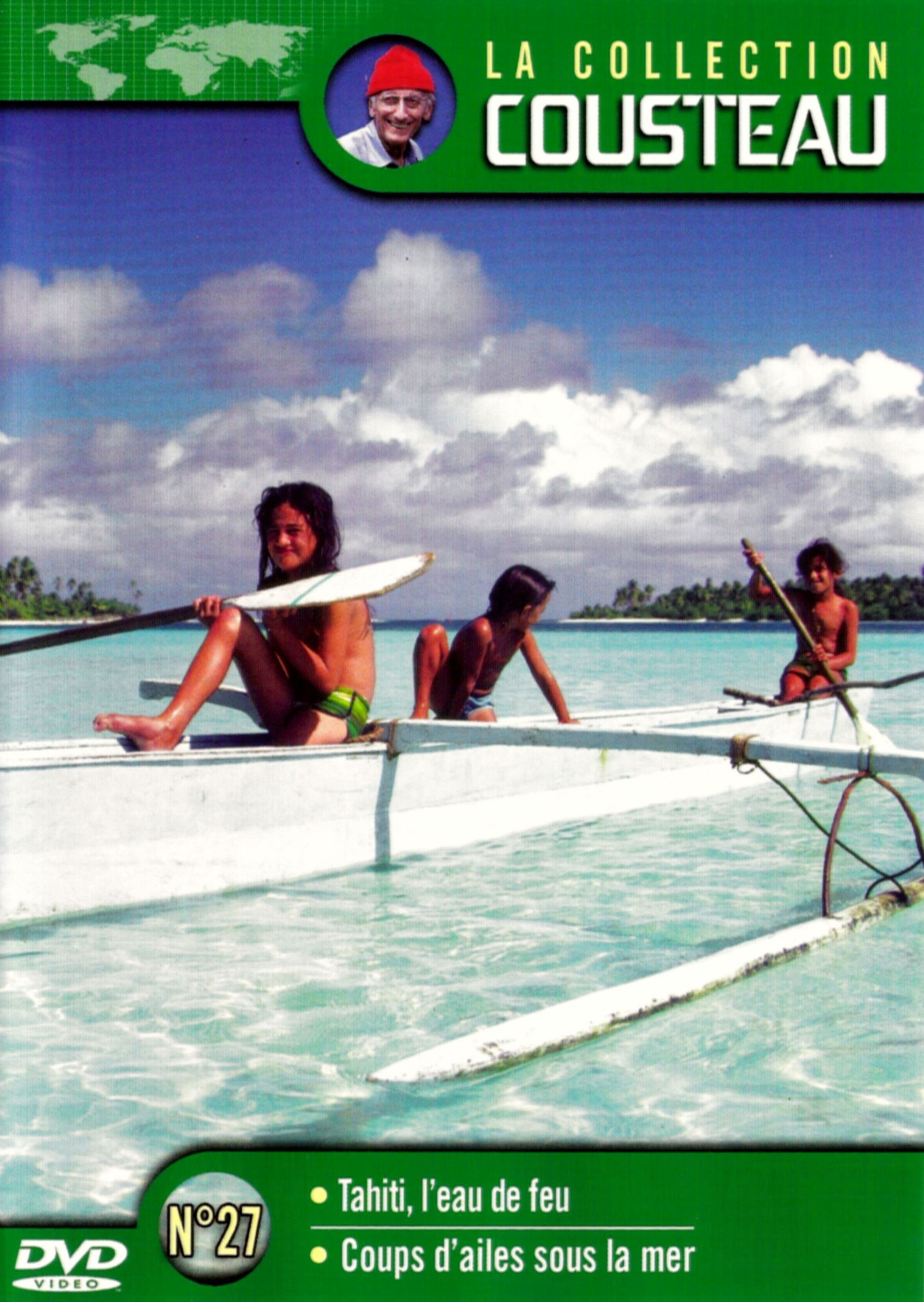
The Cousteau Collection N°42-1 | Desert Diamonds: South Africa (Part 1)
Character: Self
...
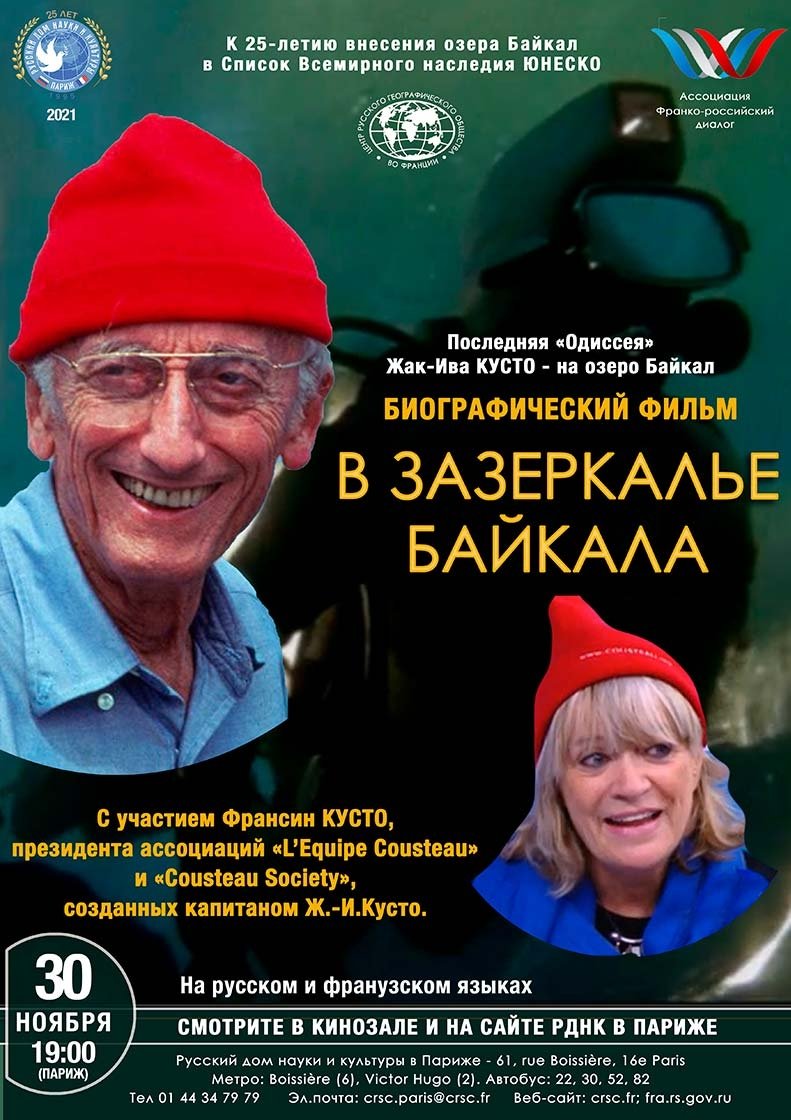
Lake Baikal: Pearl of Siberia
Character: Self
...
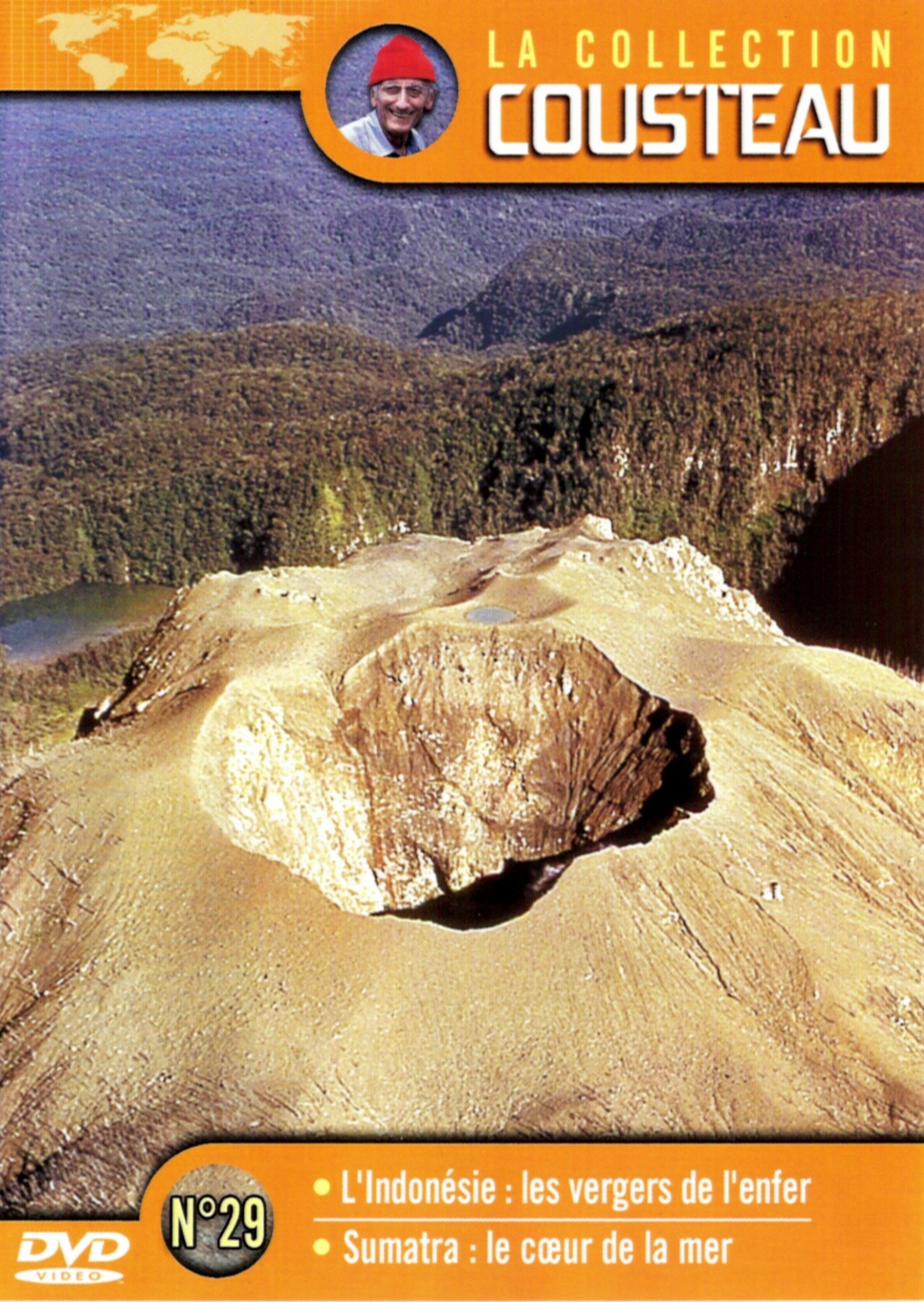
The Cousteau Collection N°35-1 | The Sharks
Character: Self
...
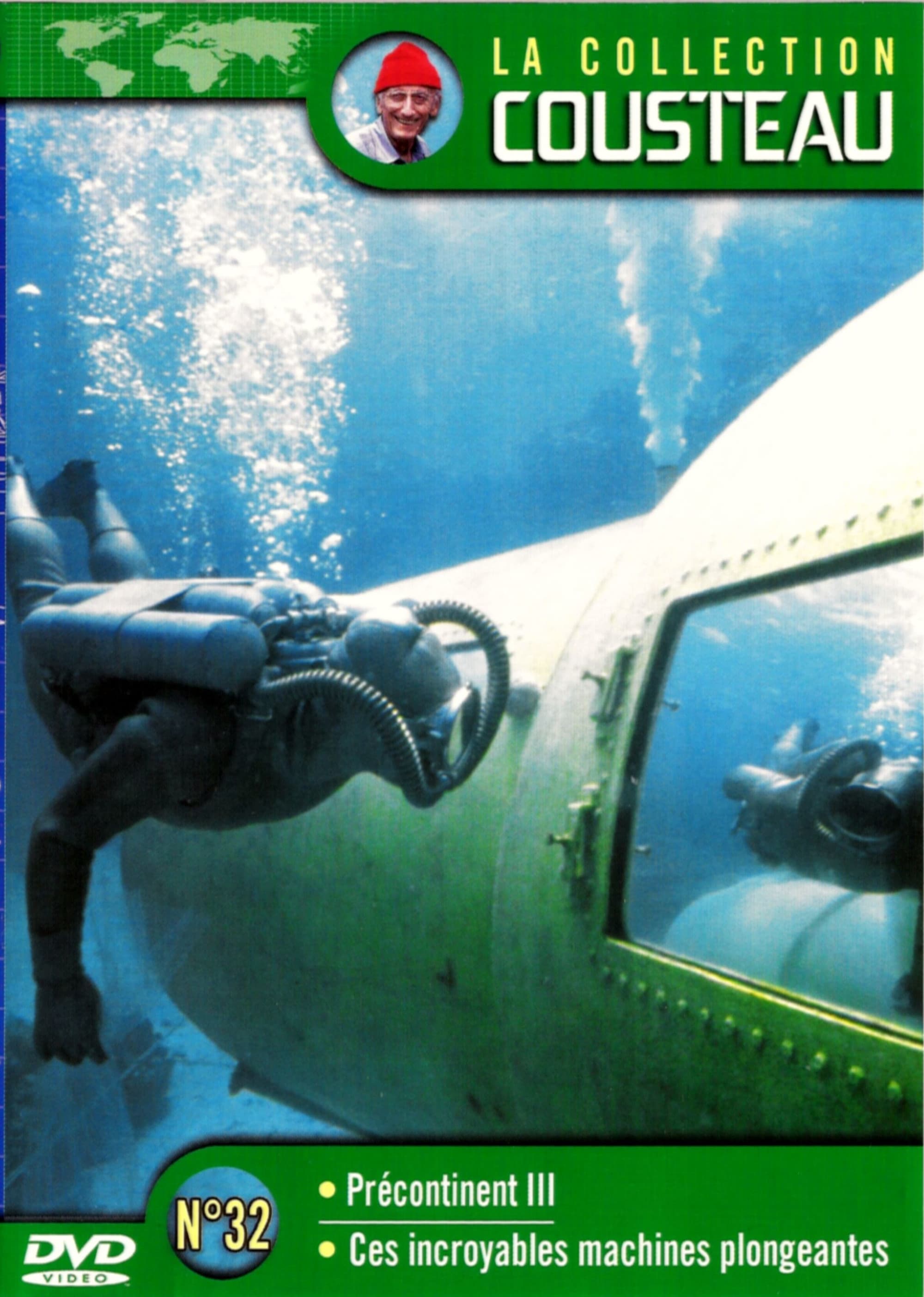
The Cousteau Collection N°32-1 | The Precontinent Adventure (Precontinent III)
Character: Self
...
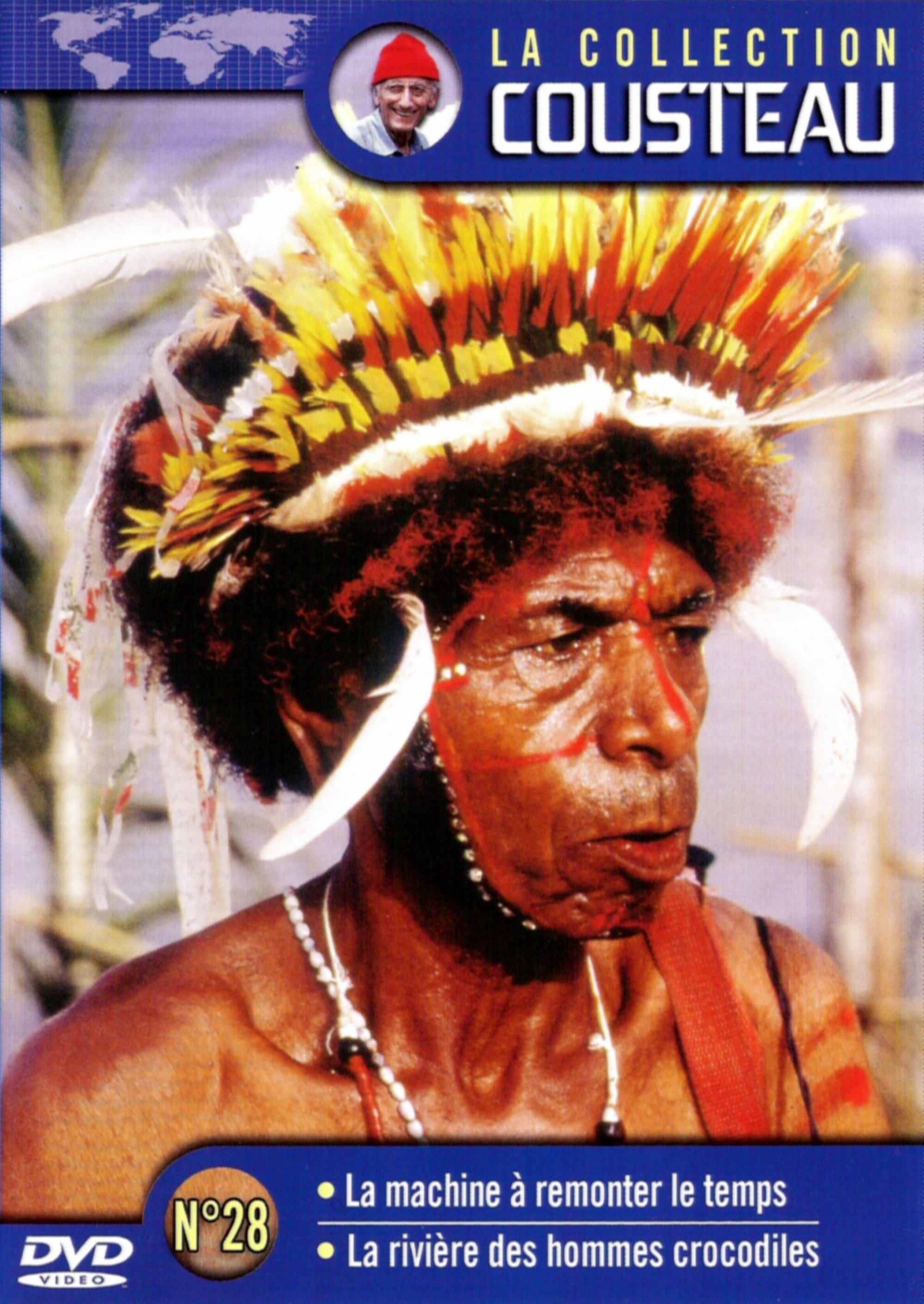
The Cousteau Collection N°36-1 | Clipperton: Island of Solitude
Character: Self
...
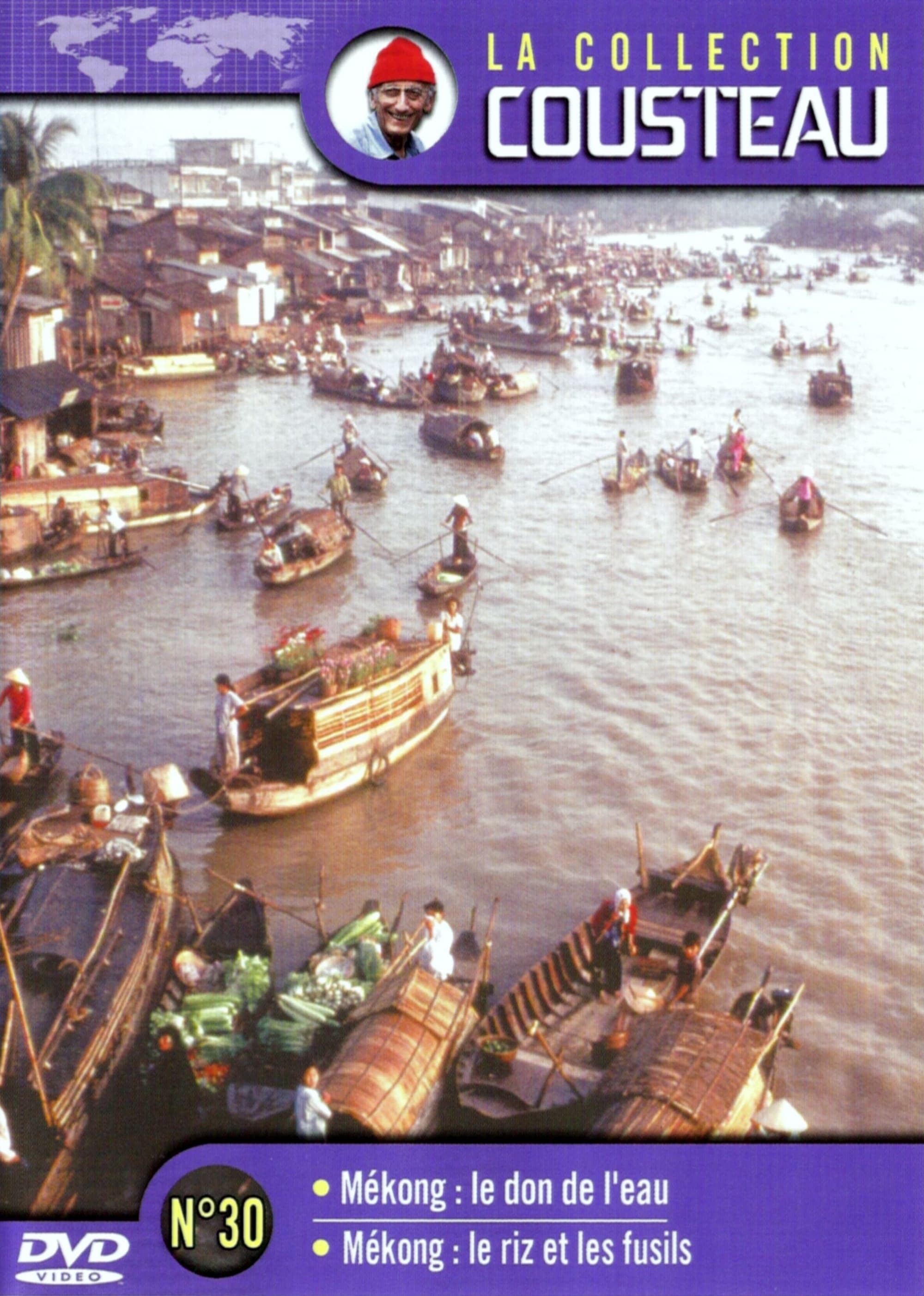
The Cousteau Collection N°37-1 | Warm Blood in the Sea
Character: Self
...
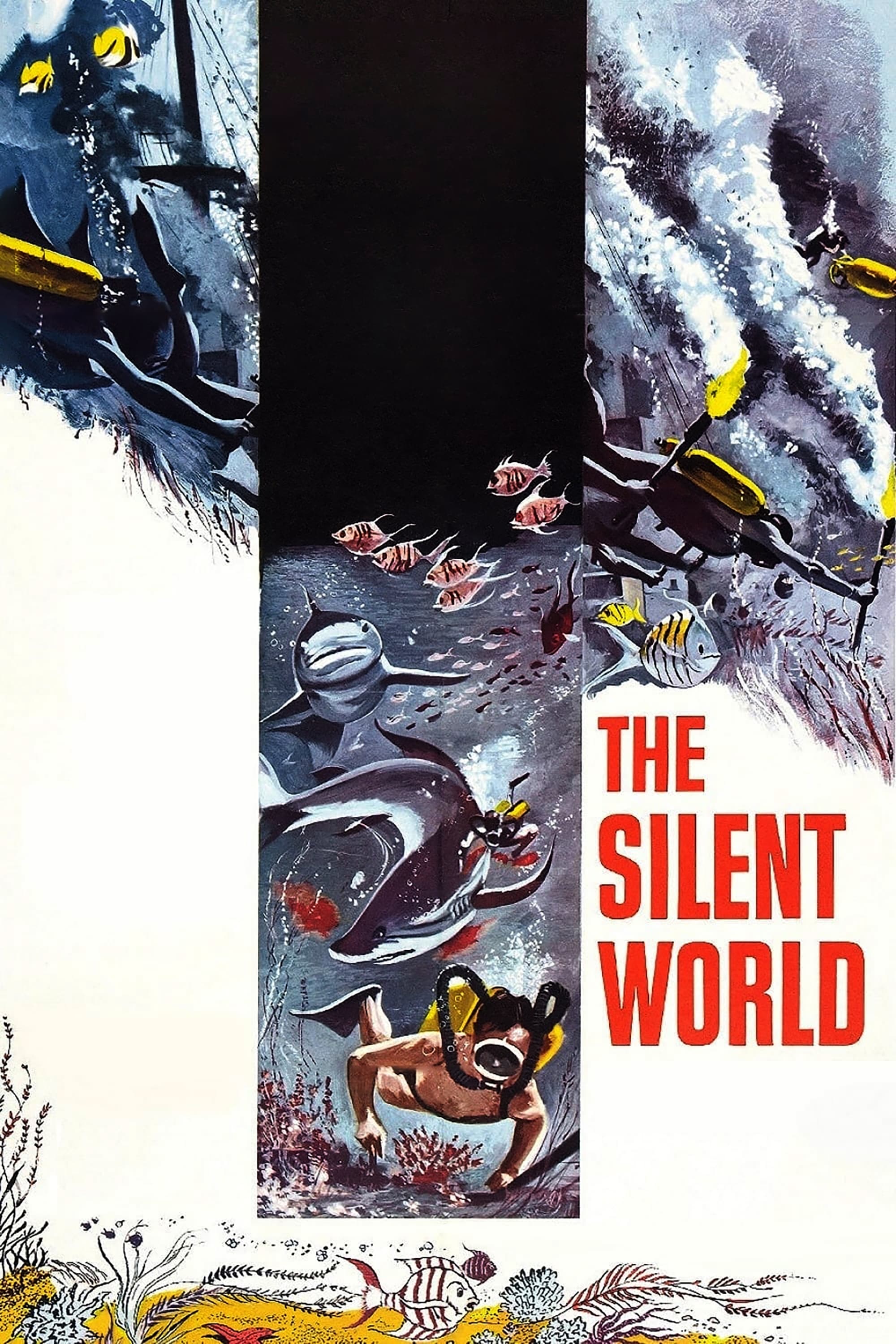
The Silent World
Character: Self
Join renowned explorer Jacques-Yves Cousteau as he investigates aquatic habitats worldwide, showcasing whales, sharks, and diverse marine life. The film highlights the brutal realities of nature while capturing the wonder of underwater exploration, as the team ventures into previously unseen ocean depths....
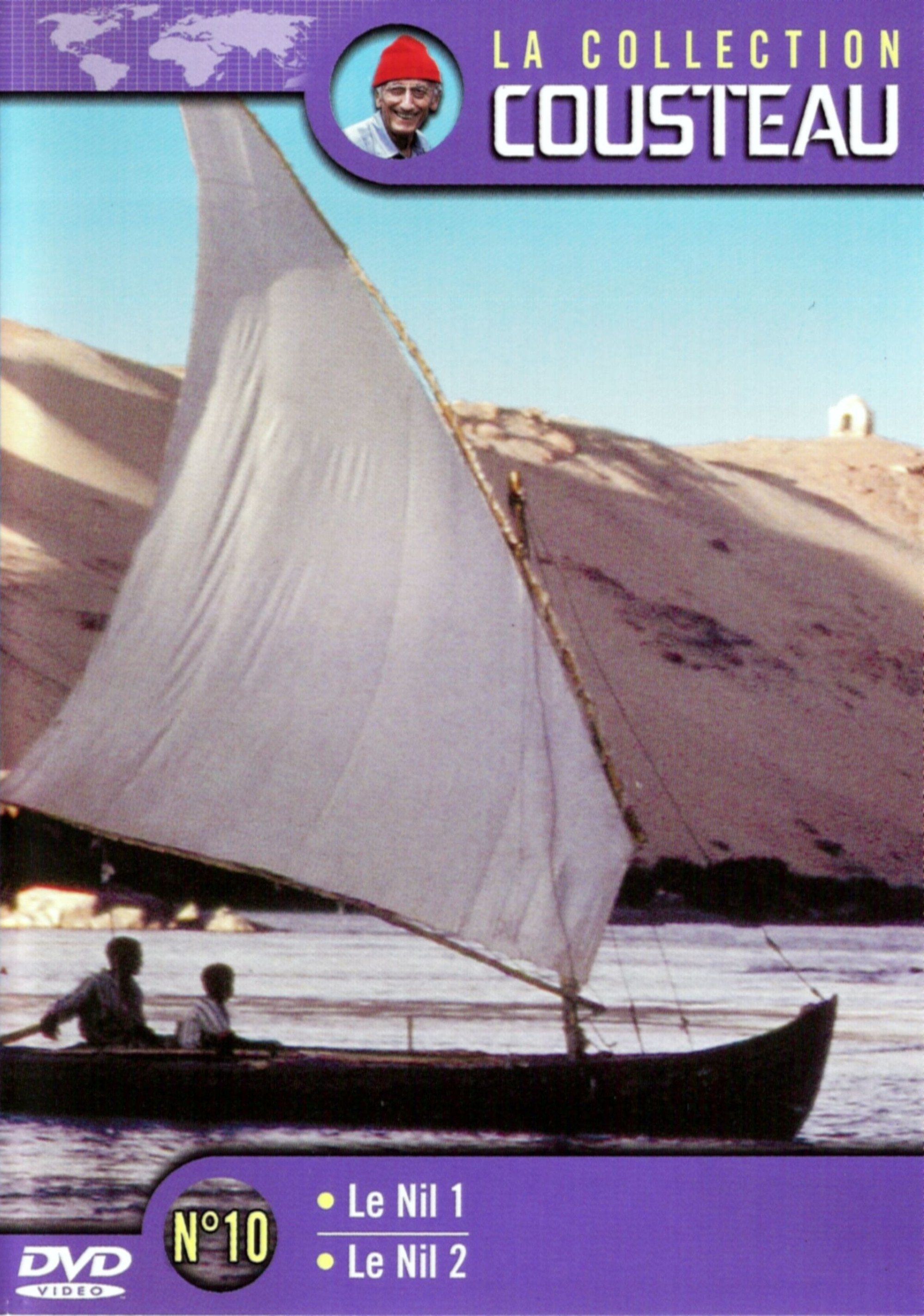
The Cousteau Collection N°1-2 | Sleeper Sharks of the Yucatan
Character: Self
...
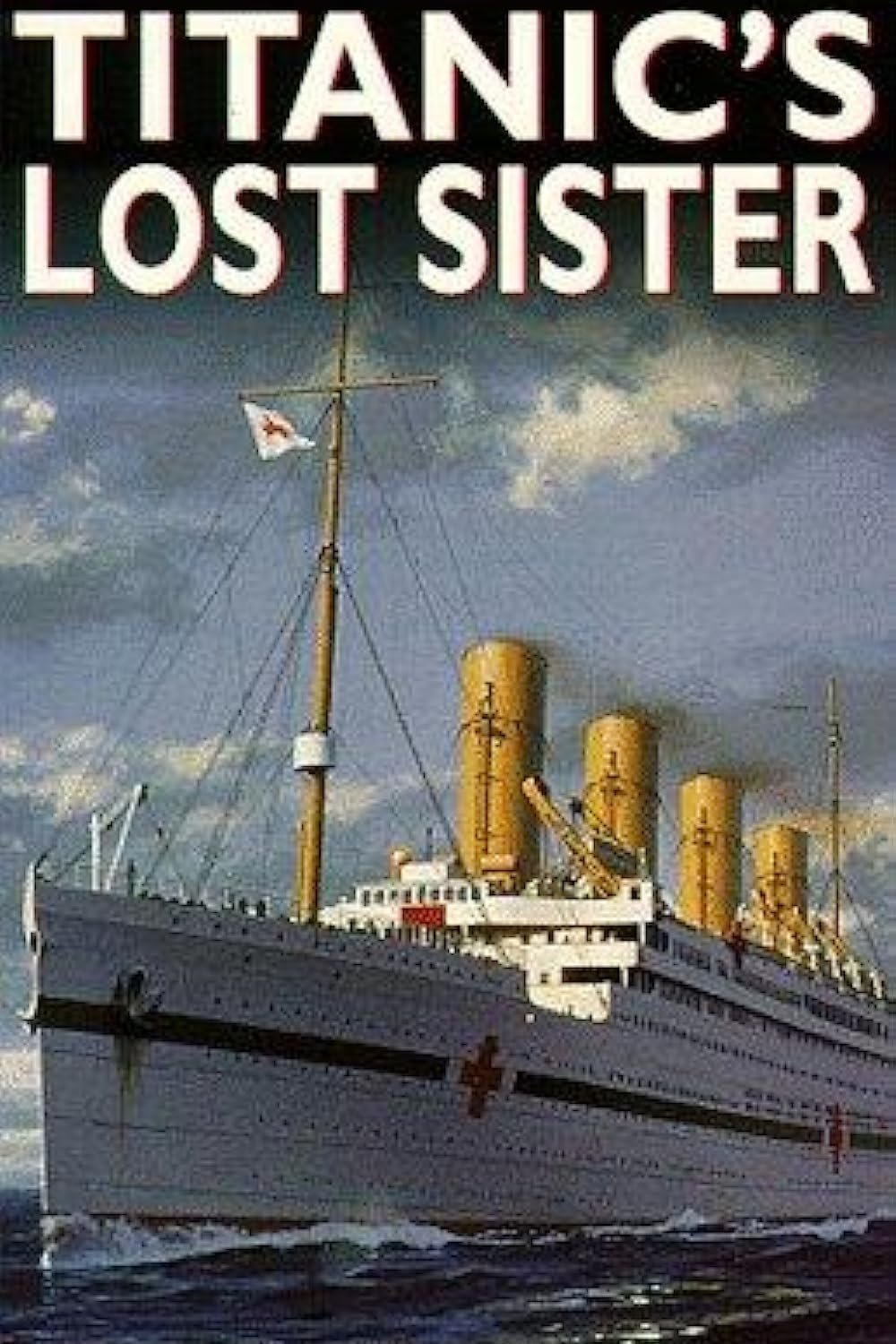
Titanic's Lost Sister
Character: Self
An account of Dr. Robert D. Ballard's exploration of the wreck of the Britannic in September 1995. Britannic, the sister-ship of the Titanic, was sunk after a mysterious explosion while serving as a hospital ship during World War One. Ballard sets out to relocate the wreck and attempts to prove once and for all whether it was a German mine or torpedo which inflicted the fatal damage....
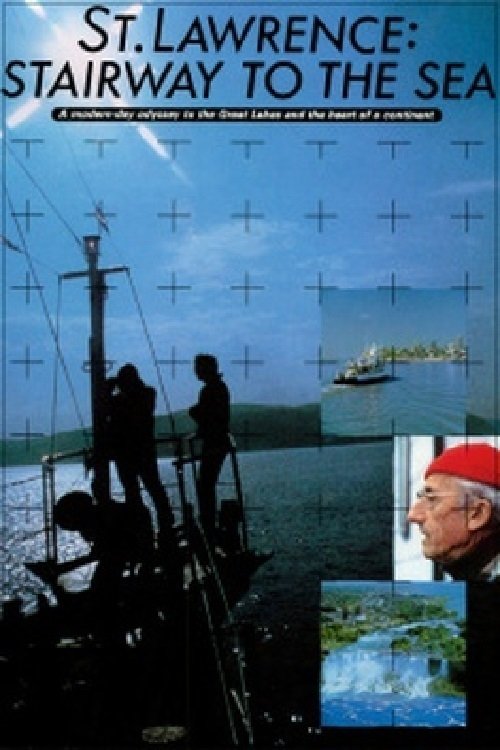
St. Lawrence: Stairway to the Sea
Character: Self (uncredited)
In this spectacular feature-length documentary, oceanographer Jacques Cousteau and an NFB crew sail up the St. Lawrence River to the Great Lakes on board the specially equipped vessel, the Calypso. They explore the countryside from their helicopter and plumb the depths of the waters in their diving saucer. They encounter shipwrecks, the Manicouagan power dam, Niagara Falls, the locks of the St. Lawrence Seaway and an underwater chase with caribou....
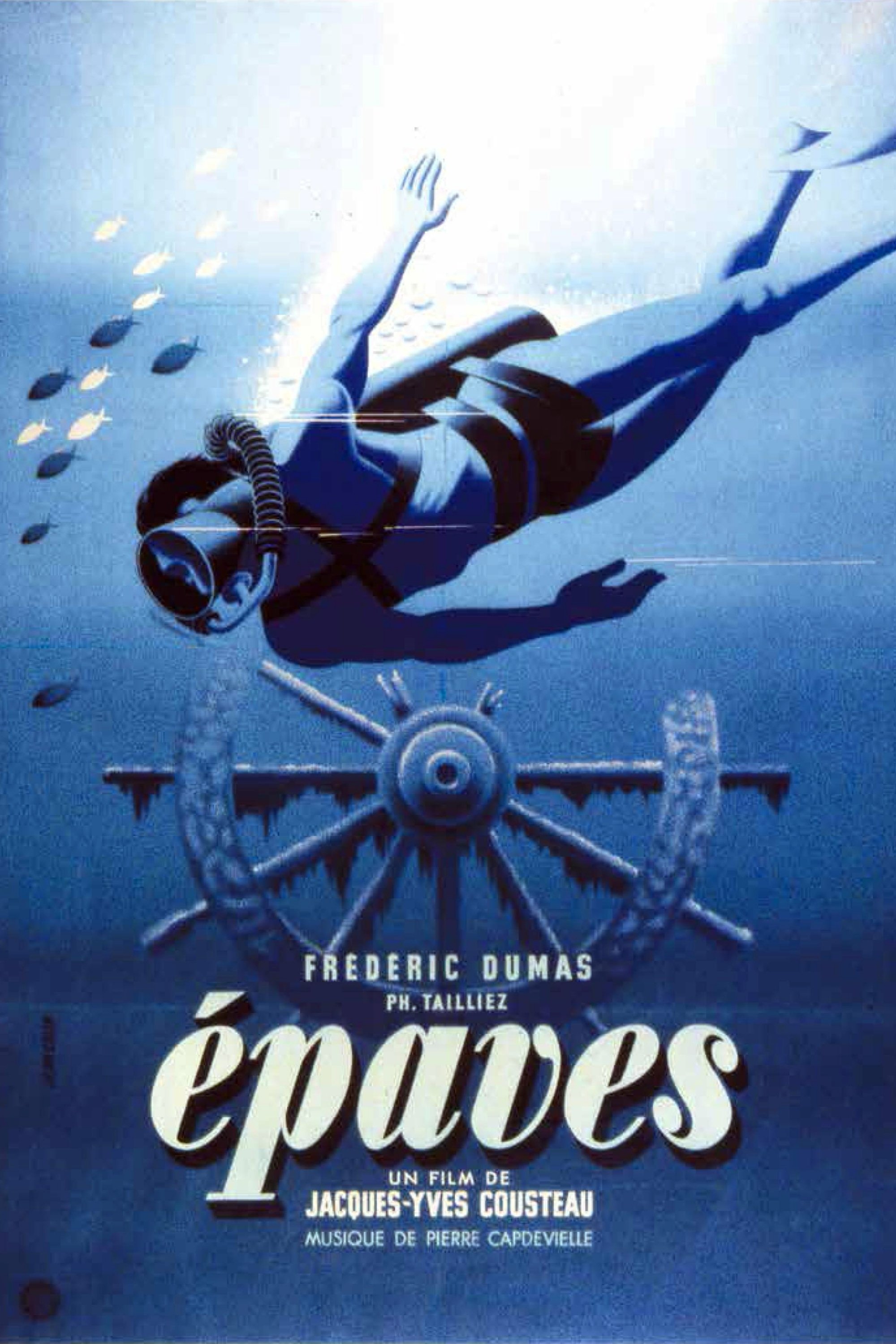
Shipwrecks
Character: Self - Diver / Narrator
The first film created using the “Cousteau-Gagnan” – an autonomous diving suit – enabling the first underwater sequences in the Mediterranean at nearly 62m depth....
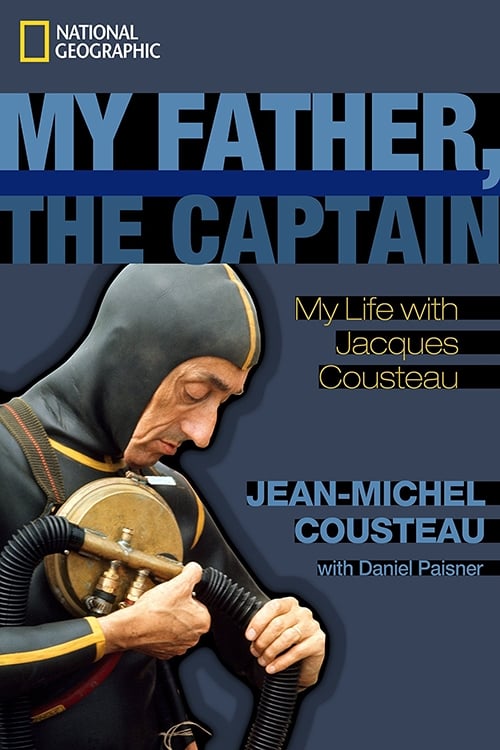
My Father the Captain: Jacques-Yves Cousteau
Character: Self (archive footage)
My Father, The Captain: Jacques-Yves Cousteau revisits the adventure and the legacy of Captain Cousteau not only through intimate stories from his family but also from some of the people whose lives he influenced. In rediscovered footage of the earliest days of scuba diving, Jean-Michel Cousteau shows how his father brought the great unseen ocean into focus and into our homes. Jean-Michel and the next generation of Cousteau children, now adults, describe the legacy they have taken upon themselve...
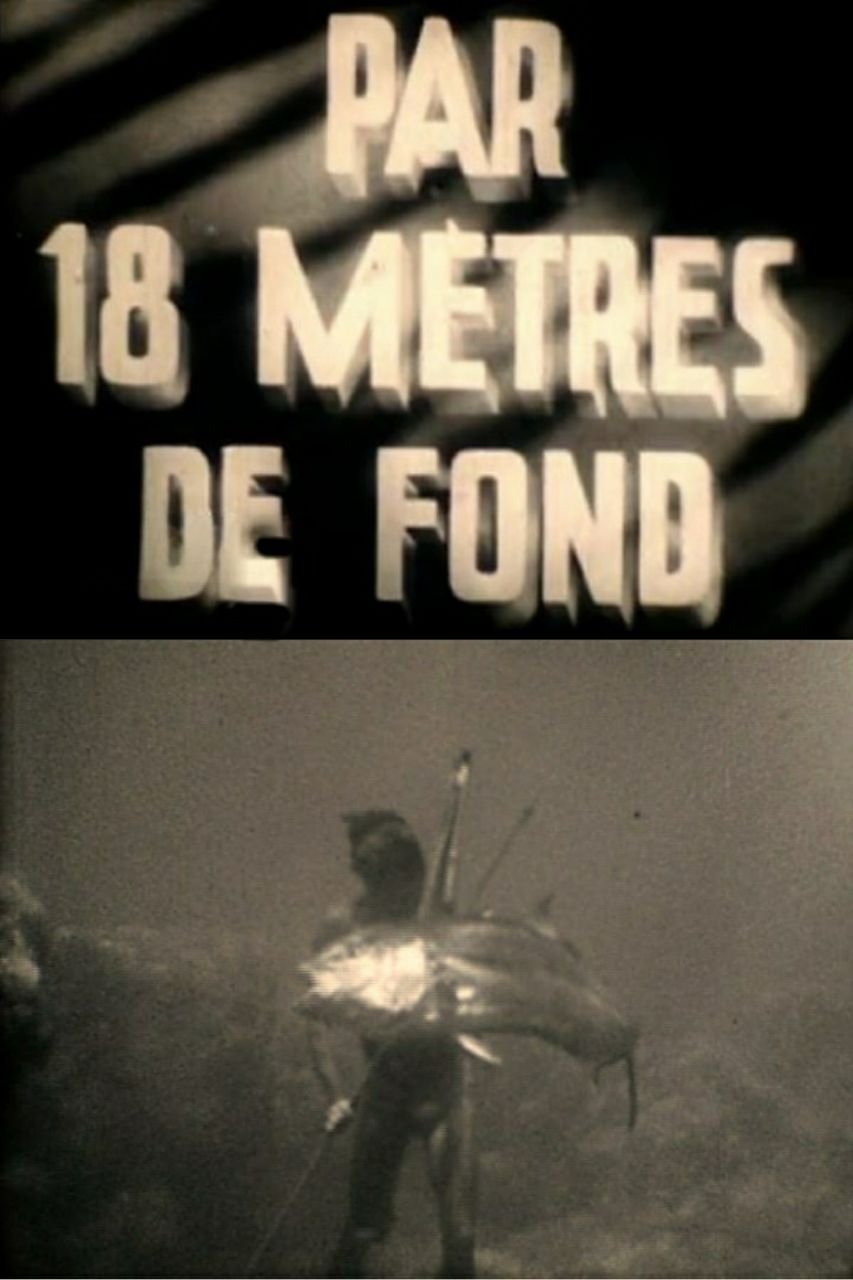
At a Depth of Eighteen Meters
Character: Self
Jacques Cousteau's 1942 plunge into the Mediterranean sea...
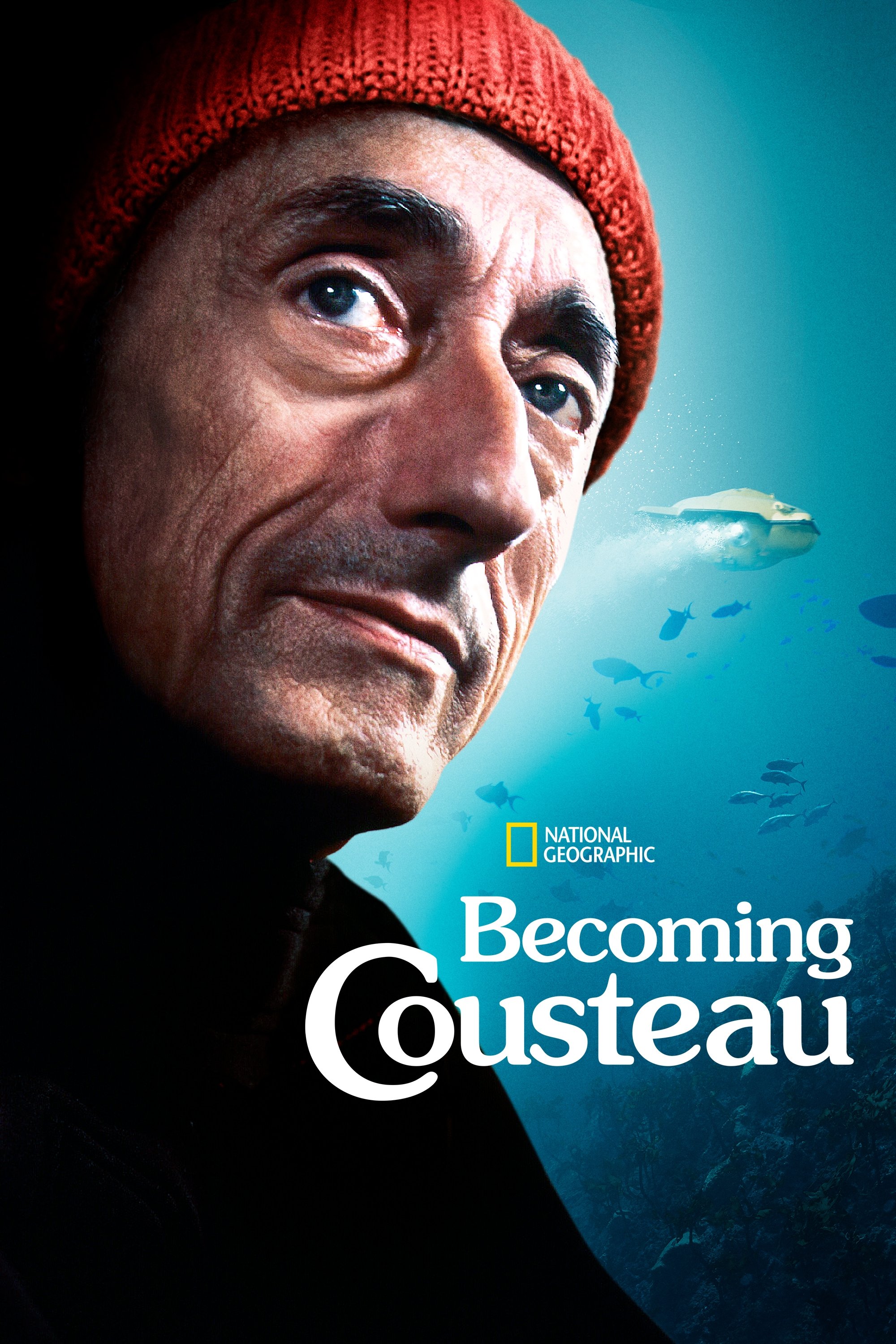
Becoming Cousteau
Character: Self (archive footage)
Adventurer, filmmaker, inventor, author, unlikely celebrity and conservationist: For over four decades, Jacques-Yves Cousteau and his explorations under the ocean became synonymous with a love of science and the natural world. As he learned to protect the environment, he brought the whole world with him, sounding alarms more than 50 years ago about the warming seas and our planet’s vulnerability. In BECOMING COUSTEAU, from National Geographic Documentary Films, two-time Academy Award®-nominated ...
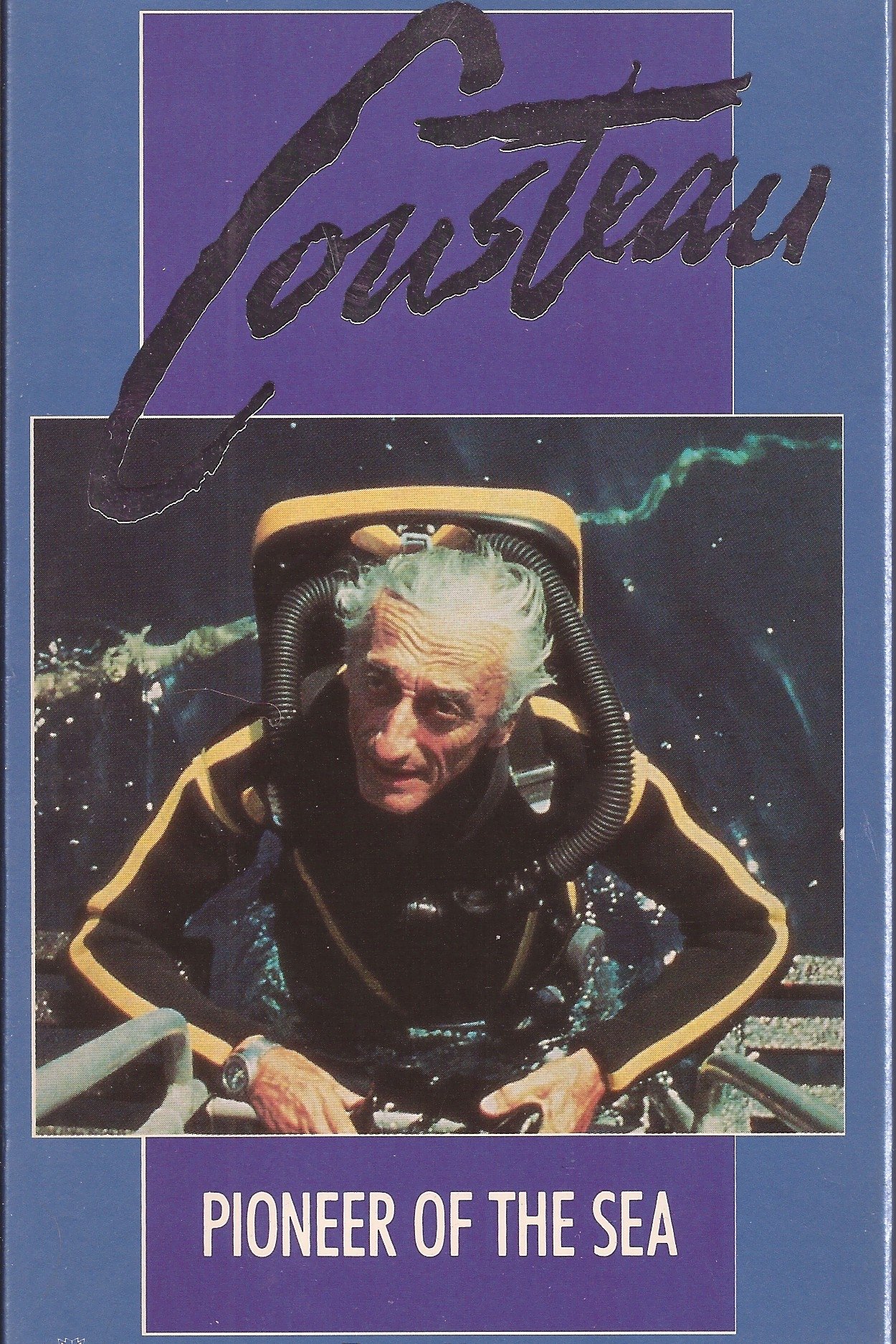
Jacques Cousteau: The First 75 Years
Character: Self
Documentary about the life of explorer Jacques Cousteau....
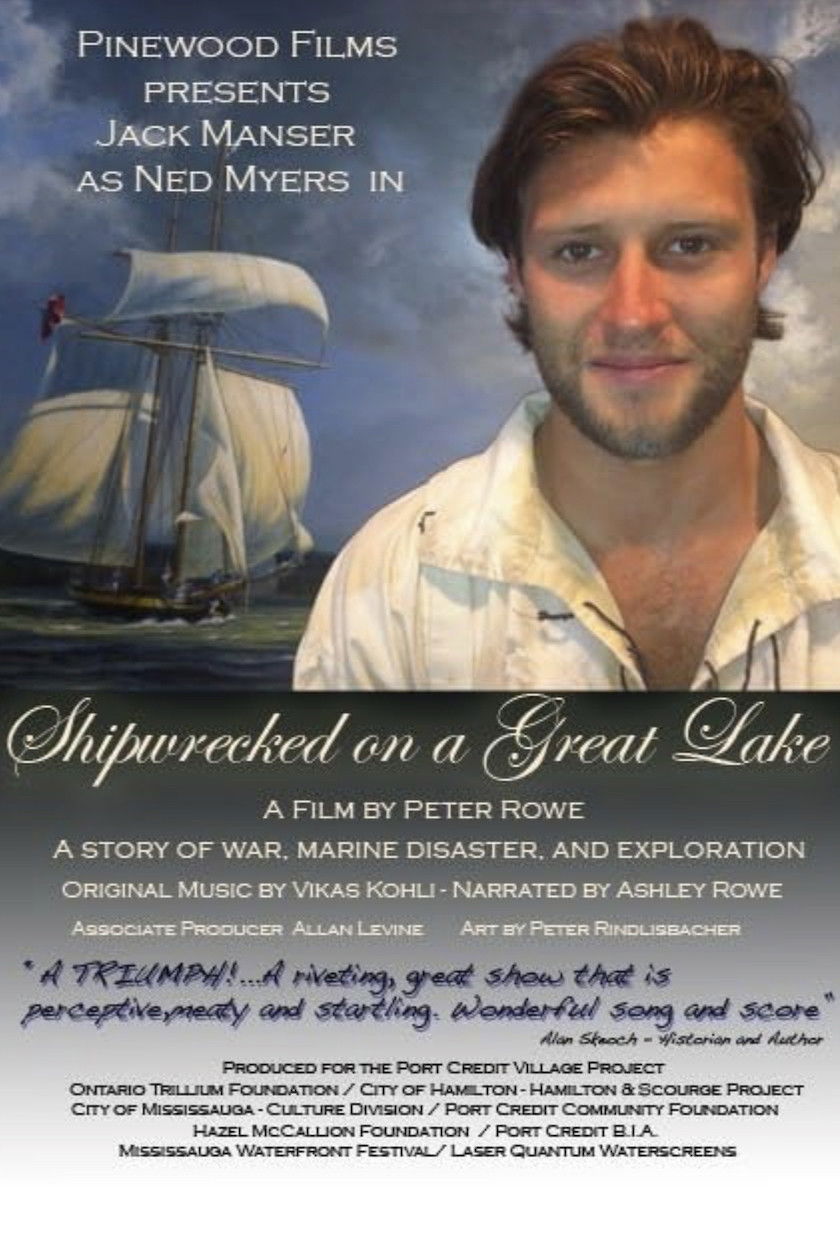
Shipwrecked on a Great Lake
Character: Self
An adventure docudrama from Canadian producer and director, Peter Rowe. Shipwrecked on a Great Lake is the story of Ned Myers, the 24-year-old Canadian-American sailor who was one of the few survivors of the shipwreck of two warships, the Hamilton and the Scourge, in August 1813. Based on the story by James Fenimore Cooper, who appears as a character in the film....